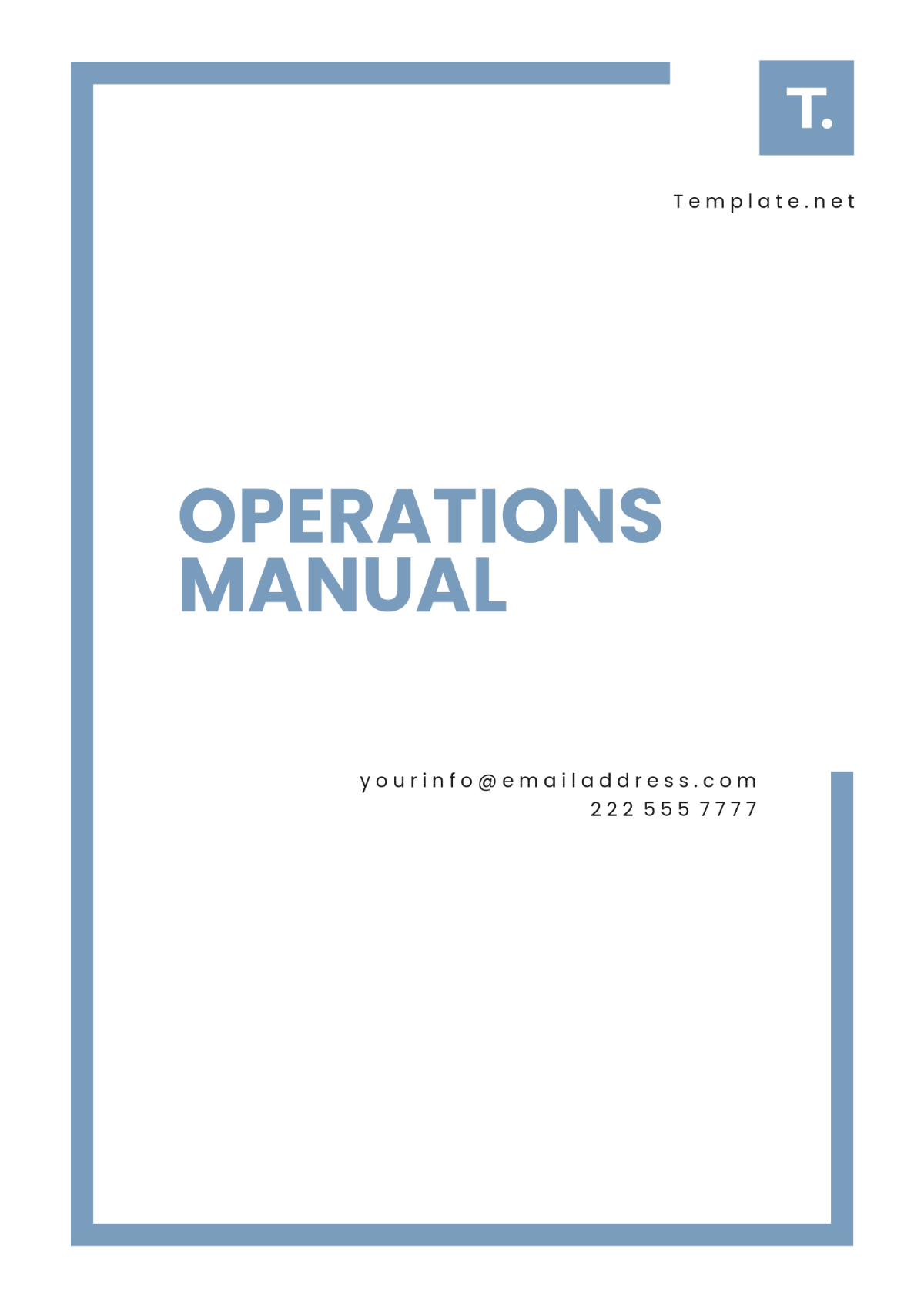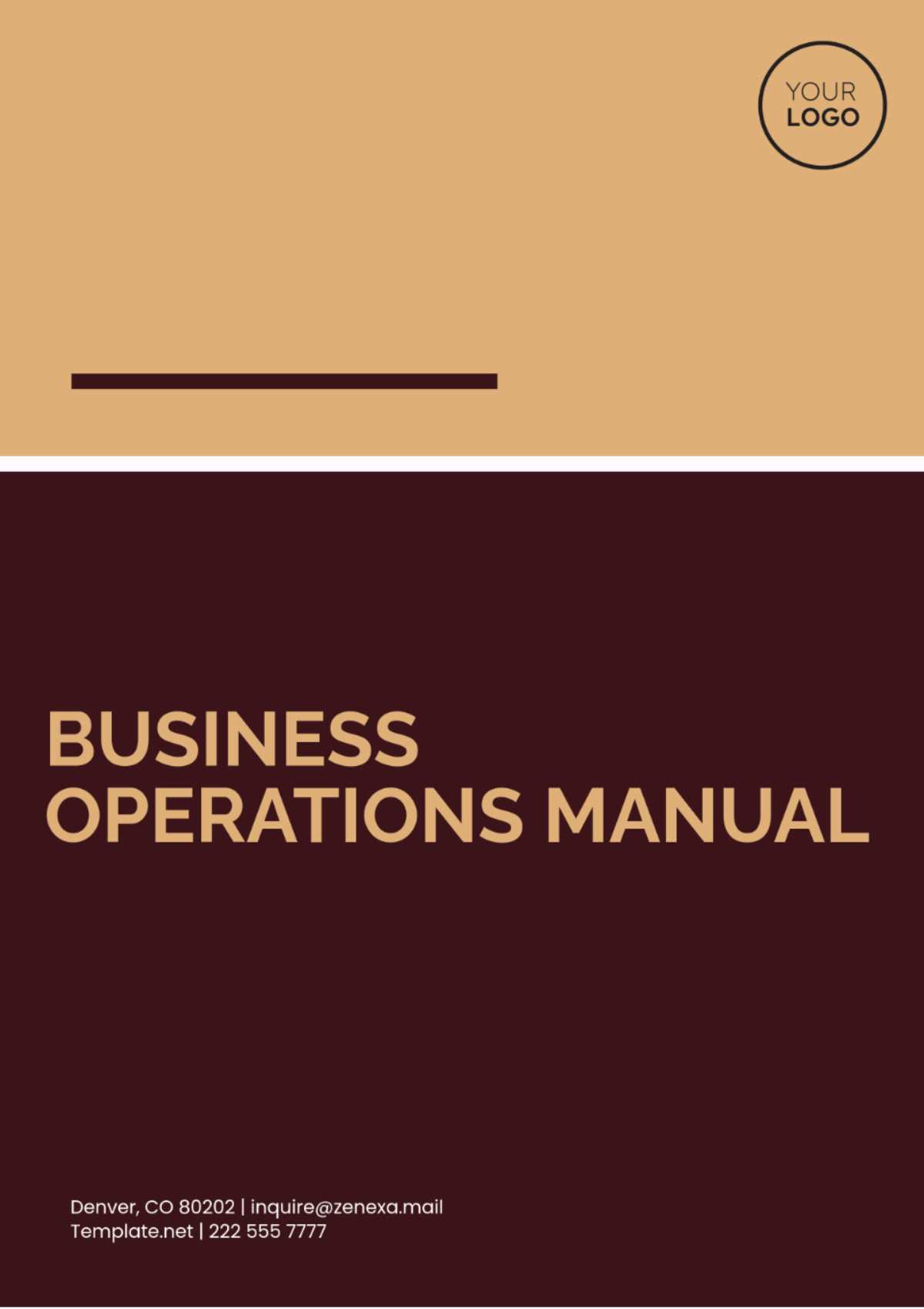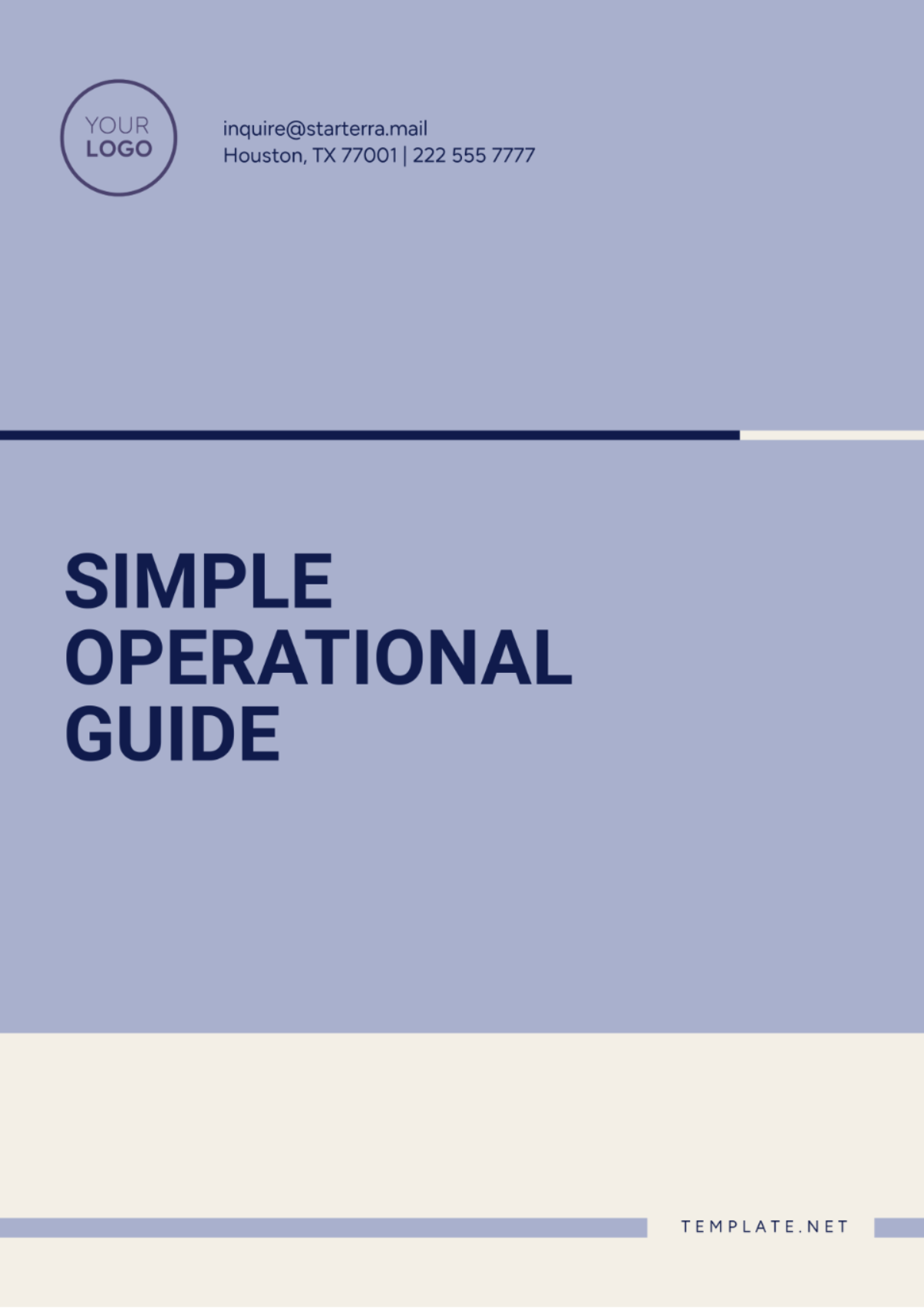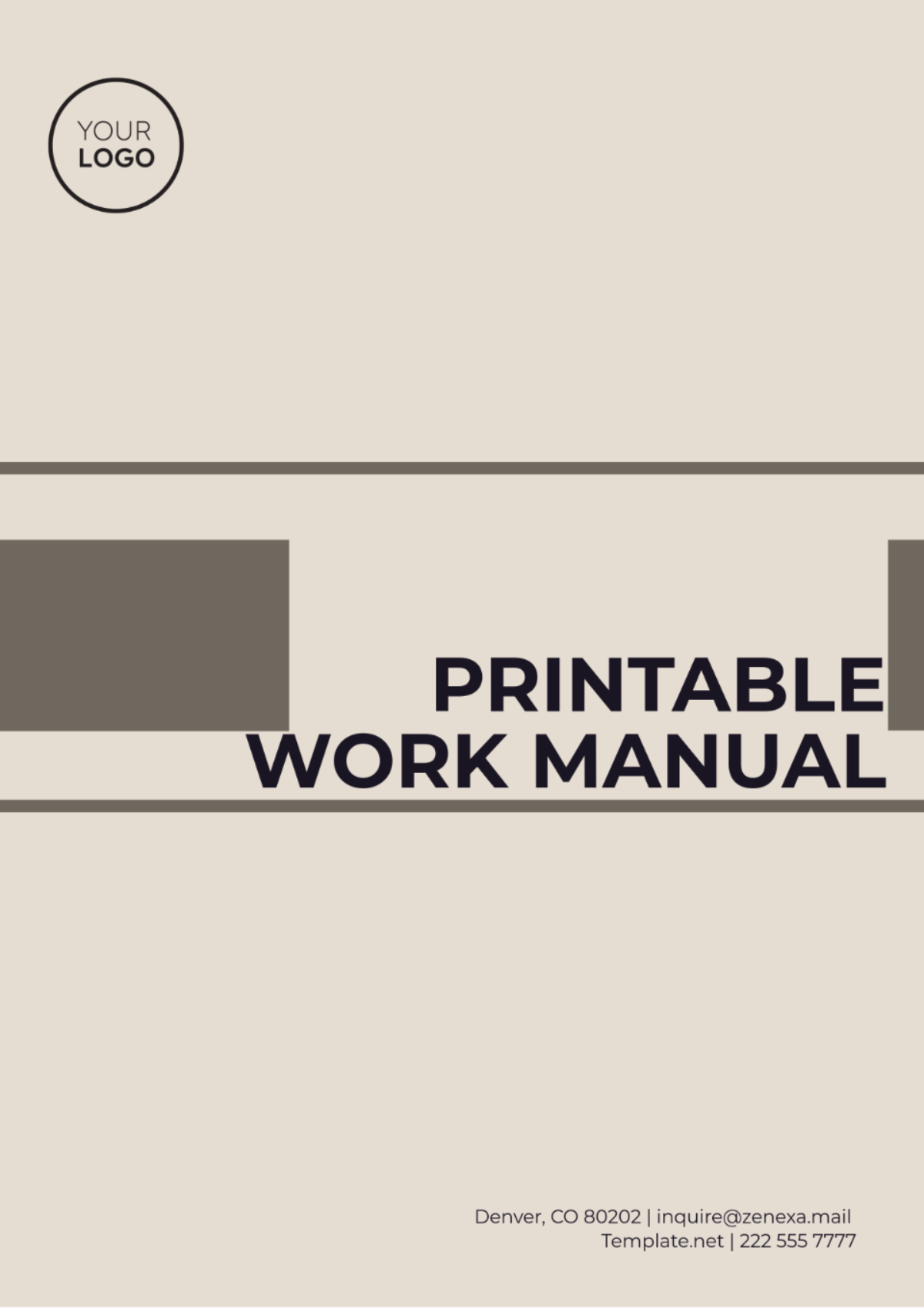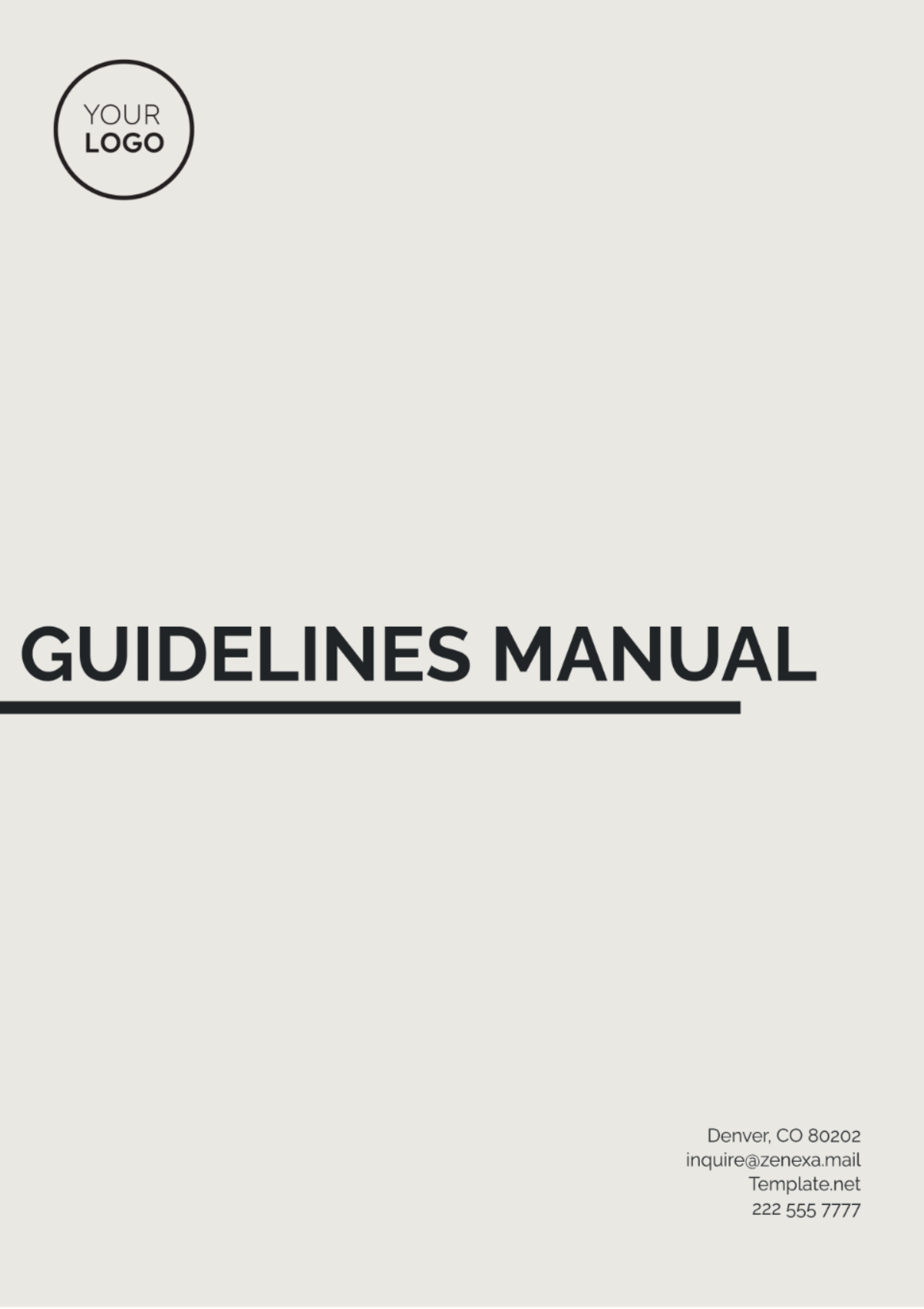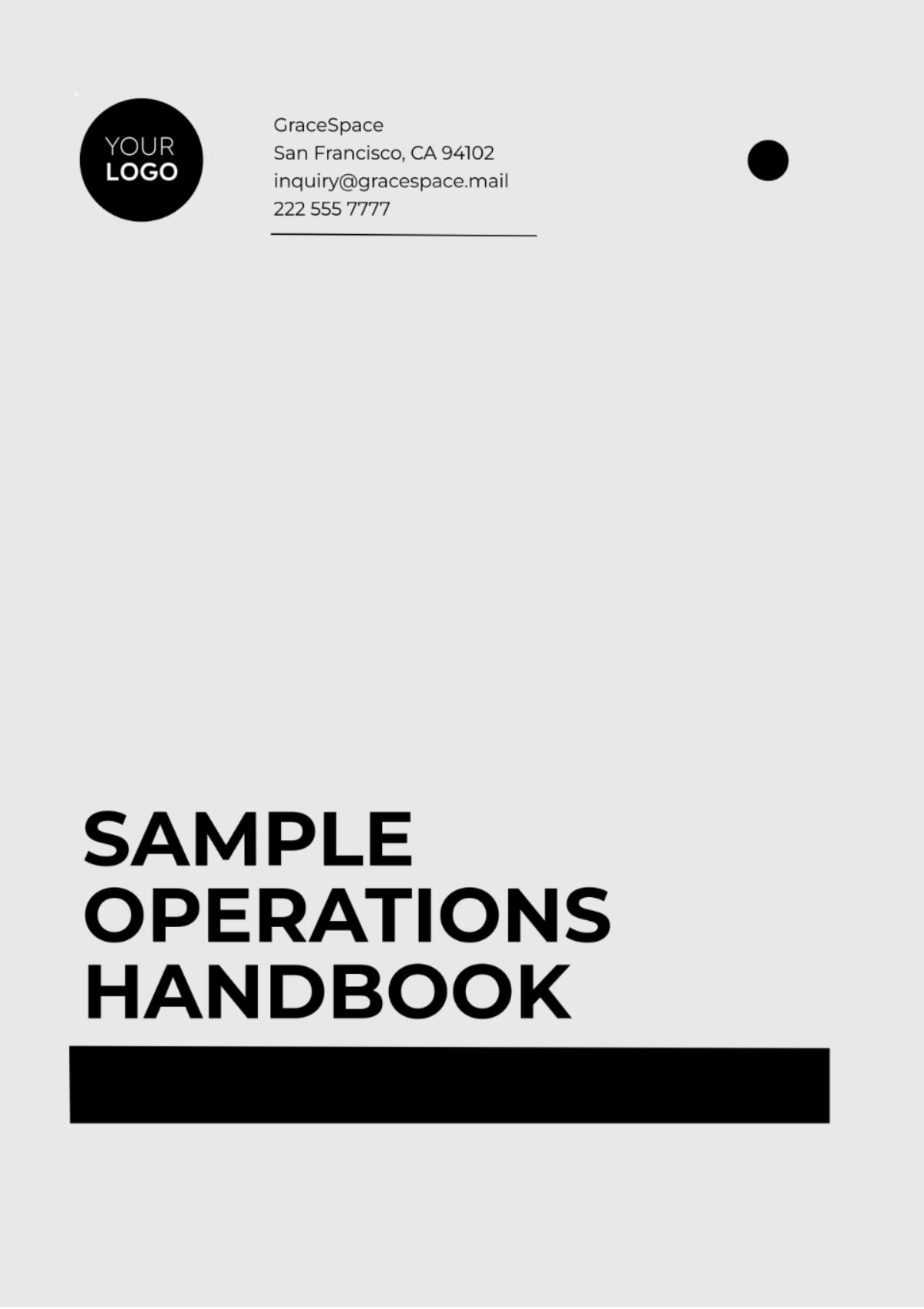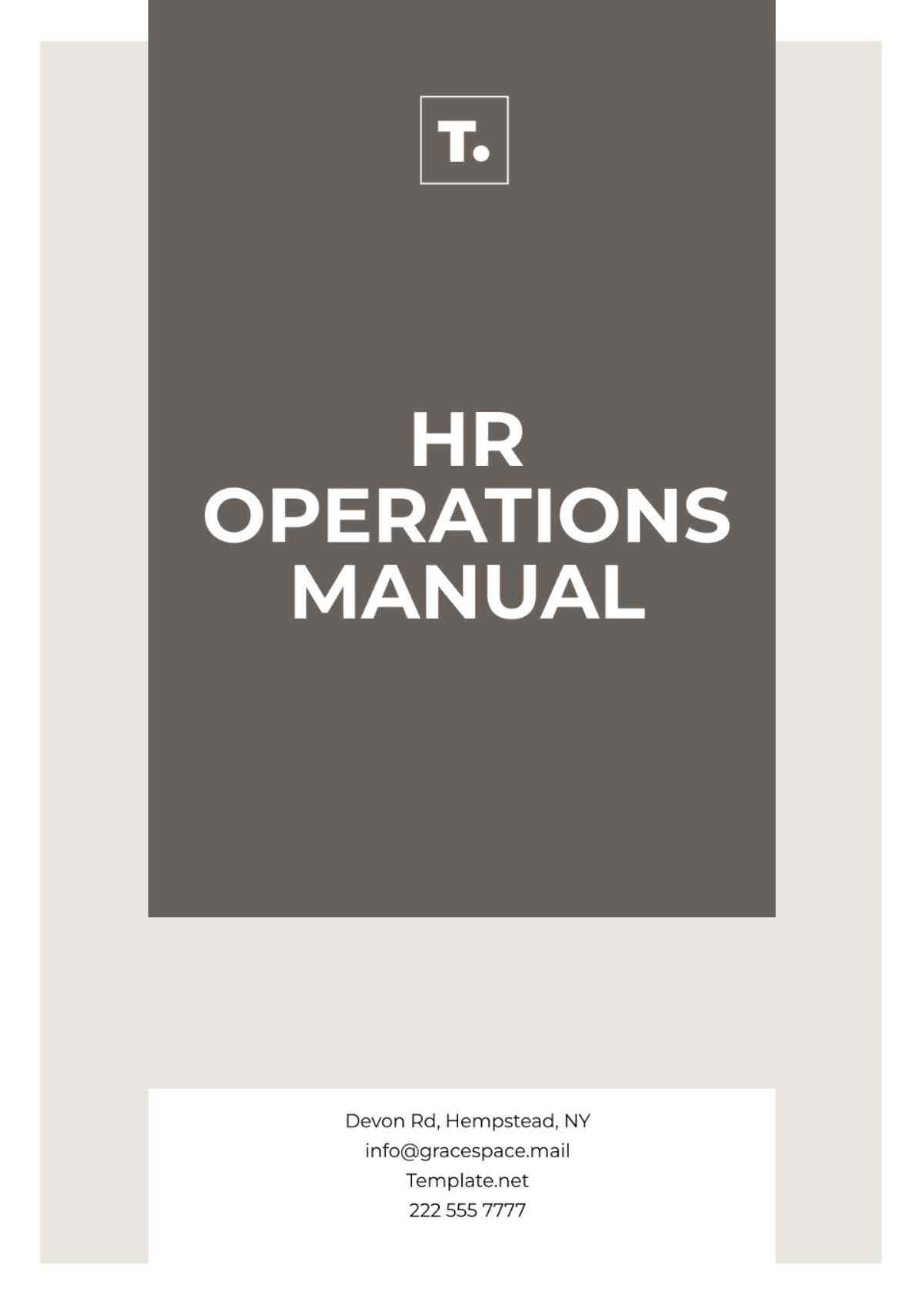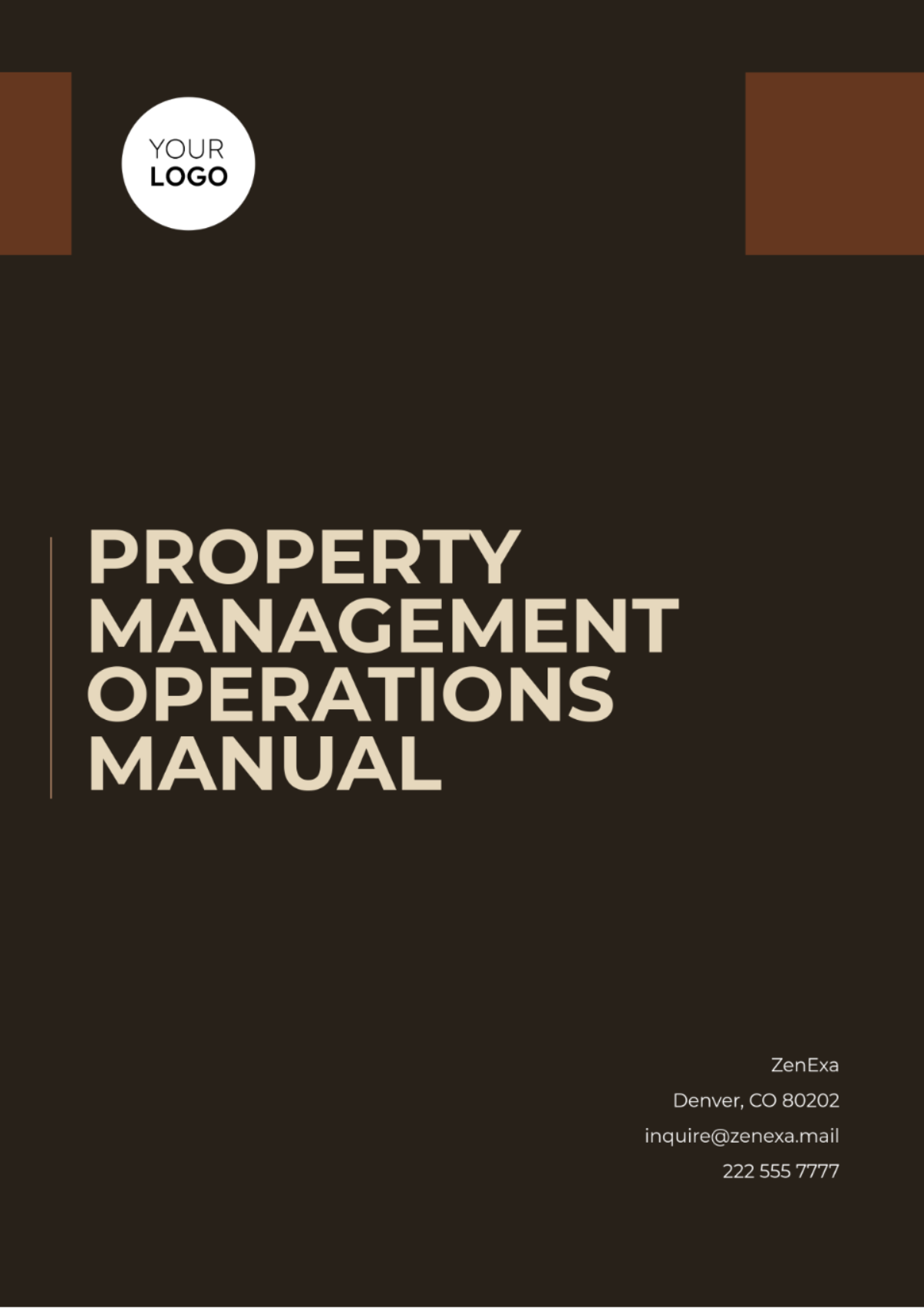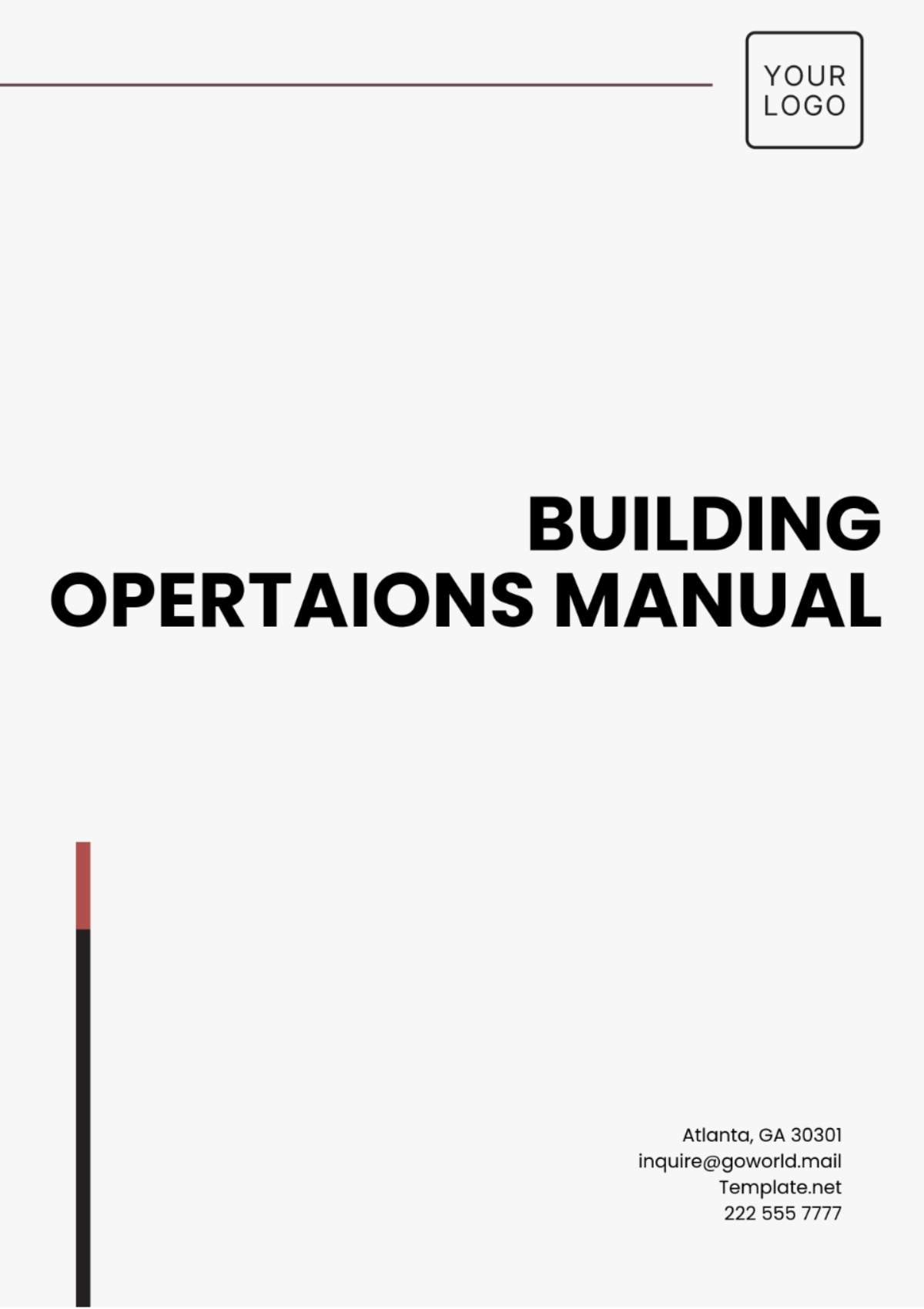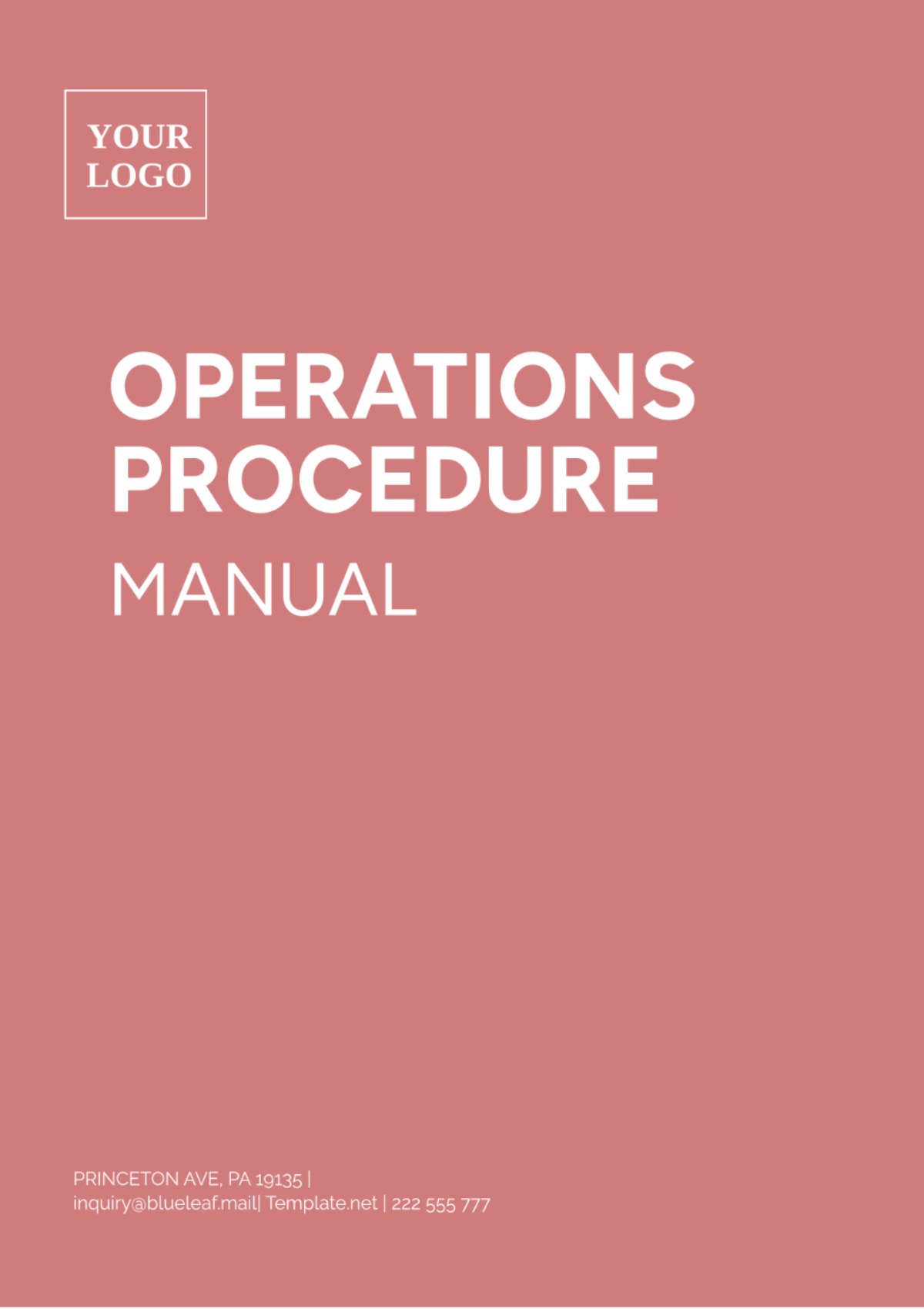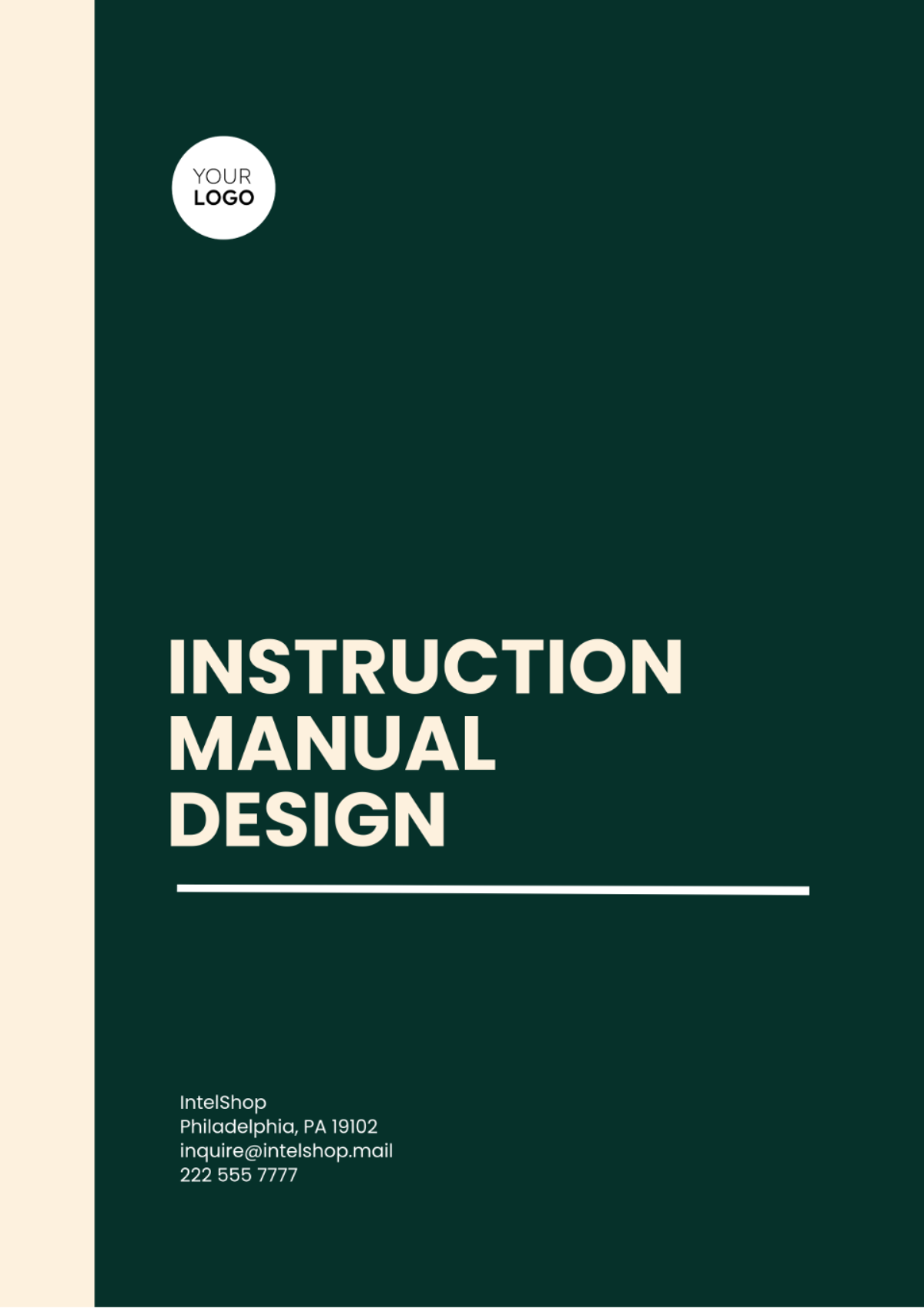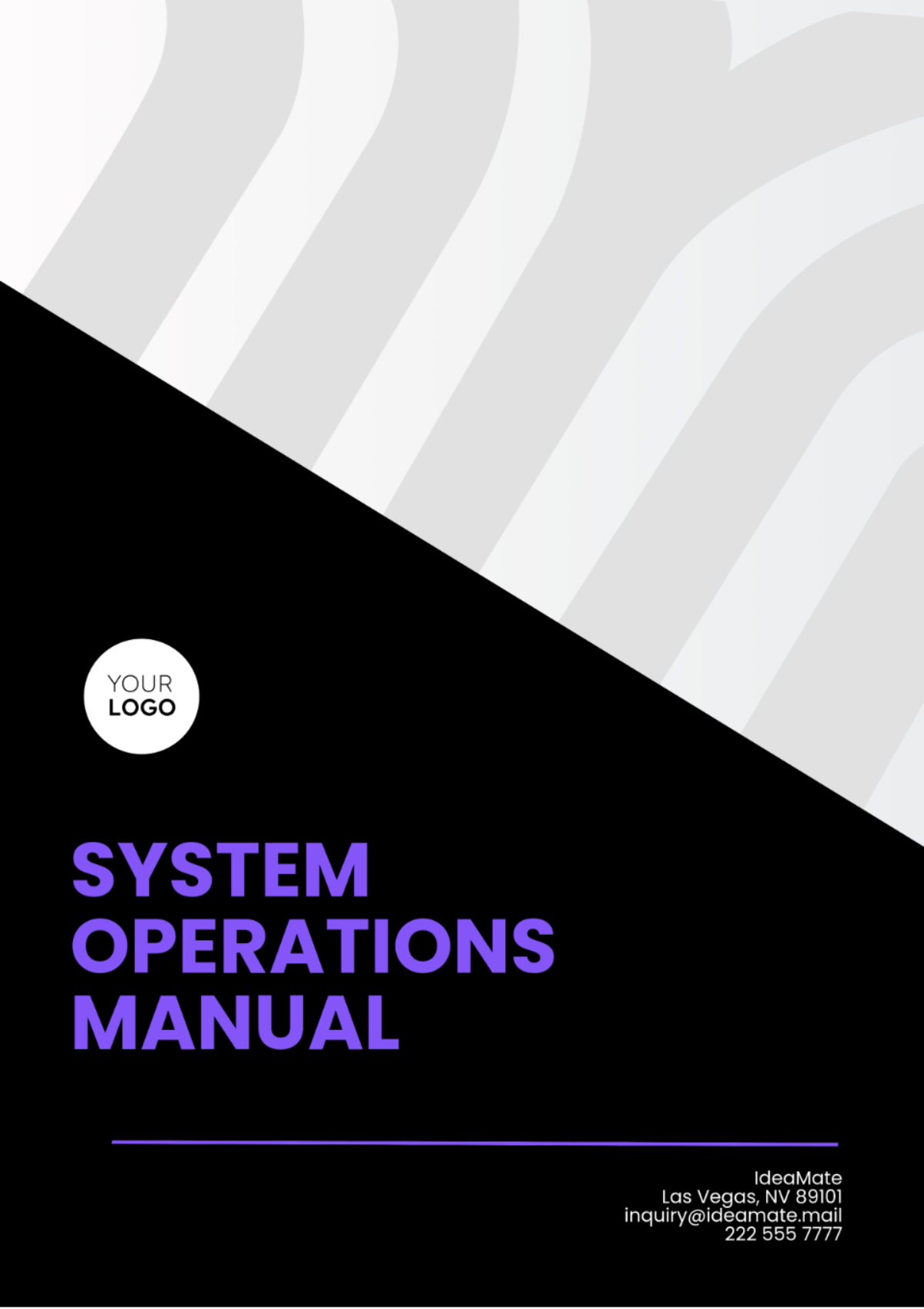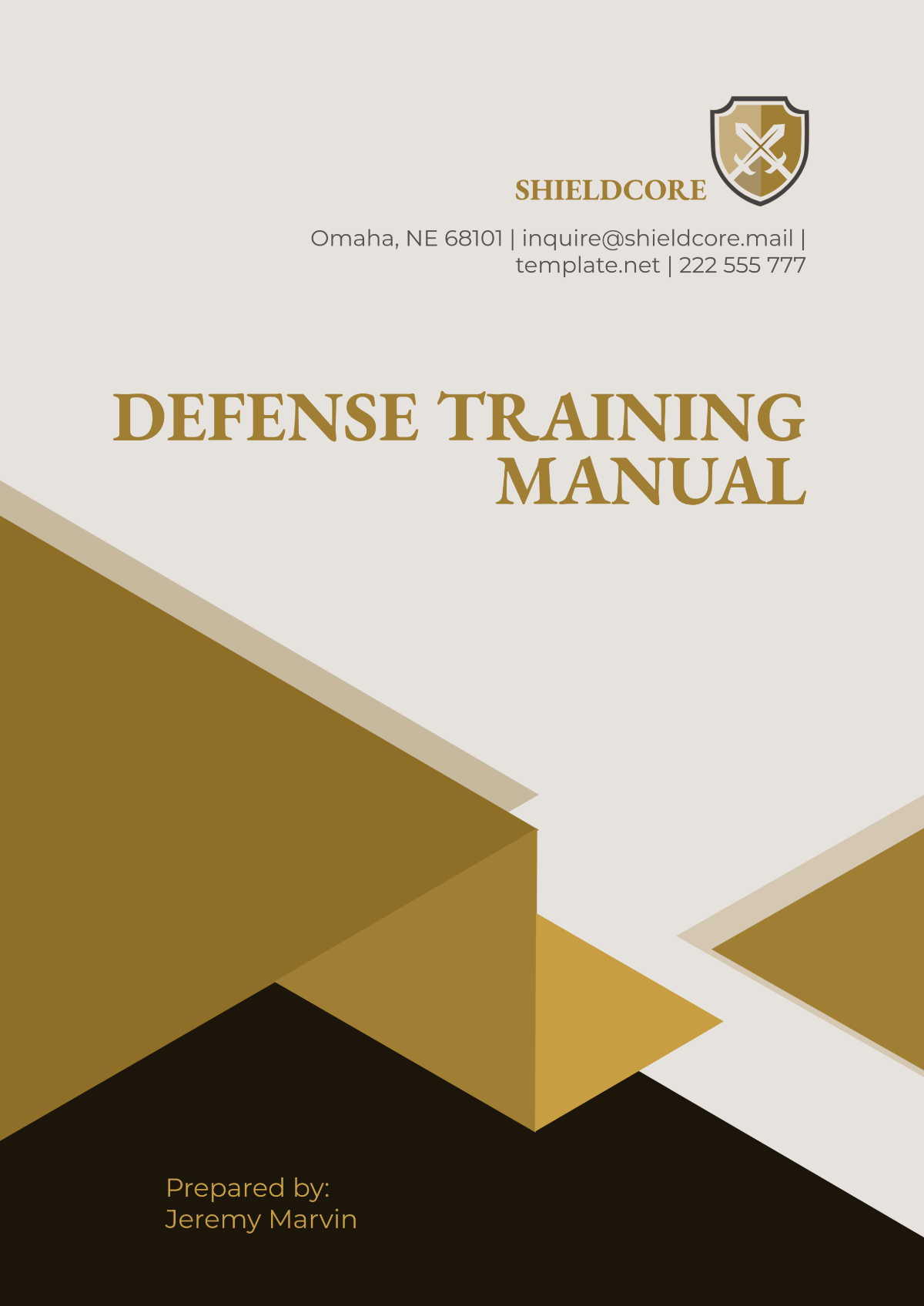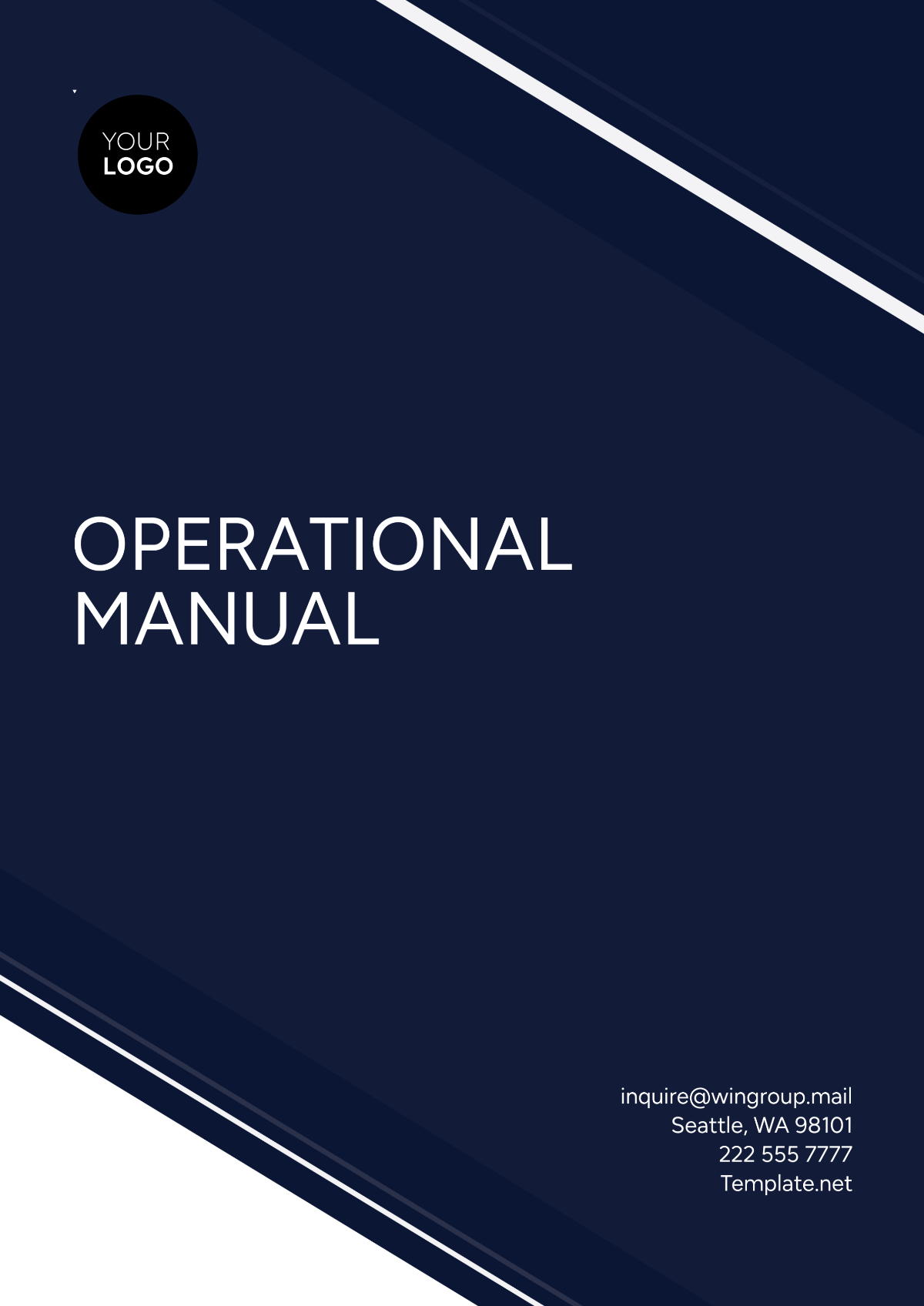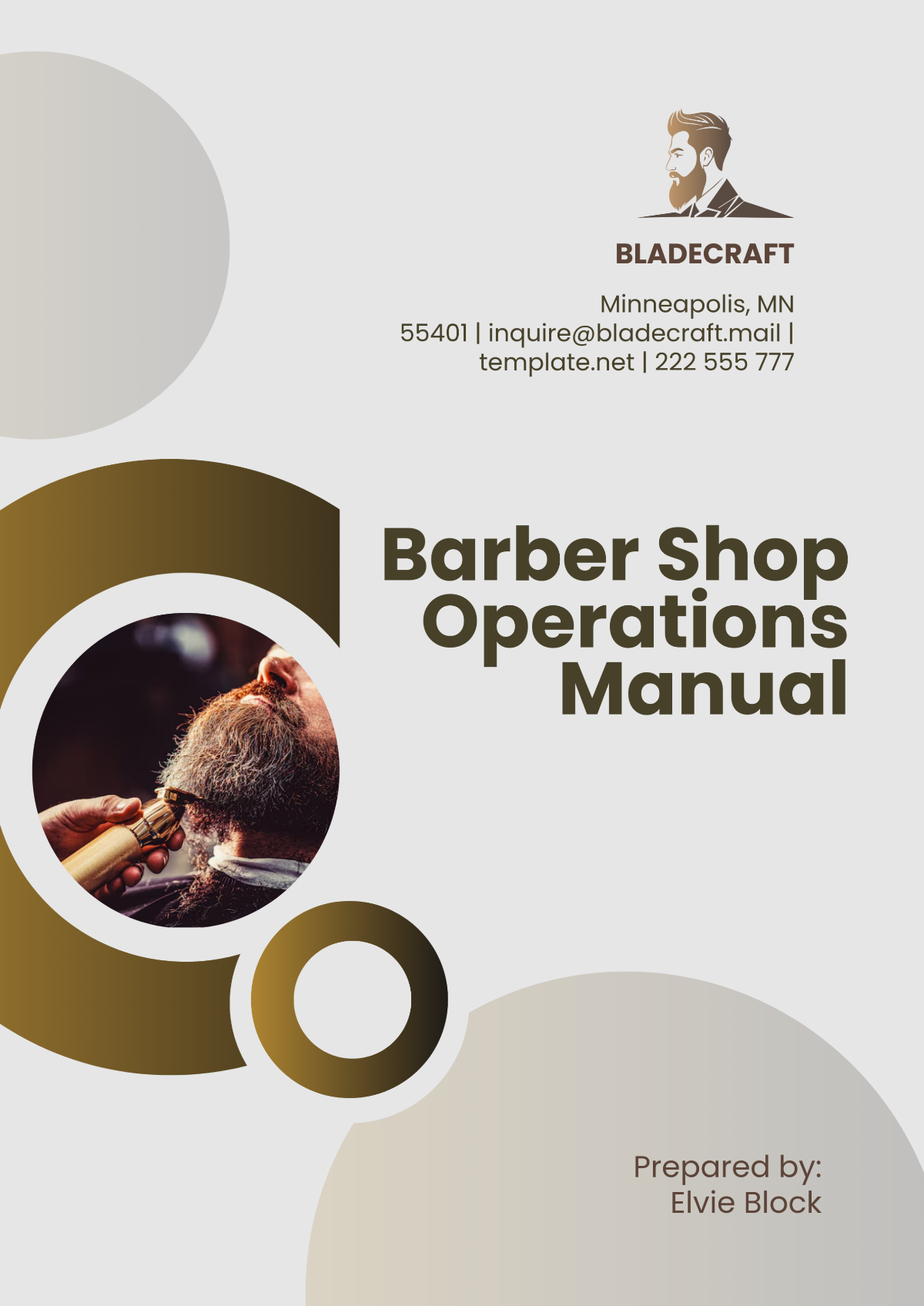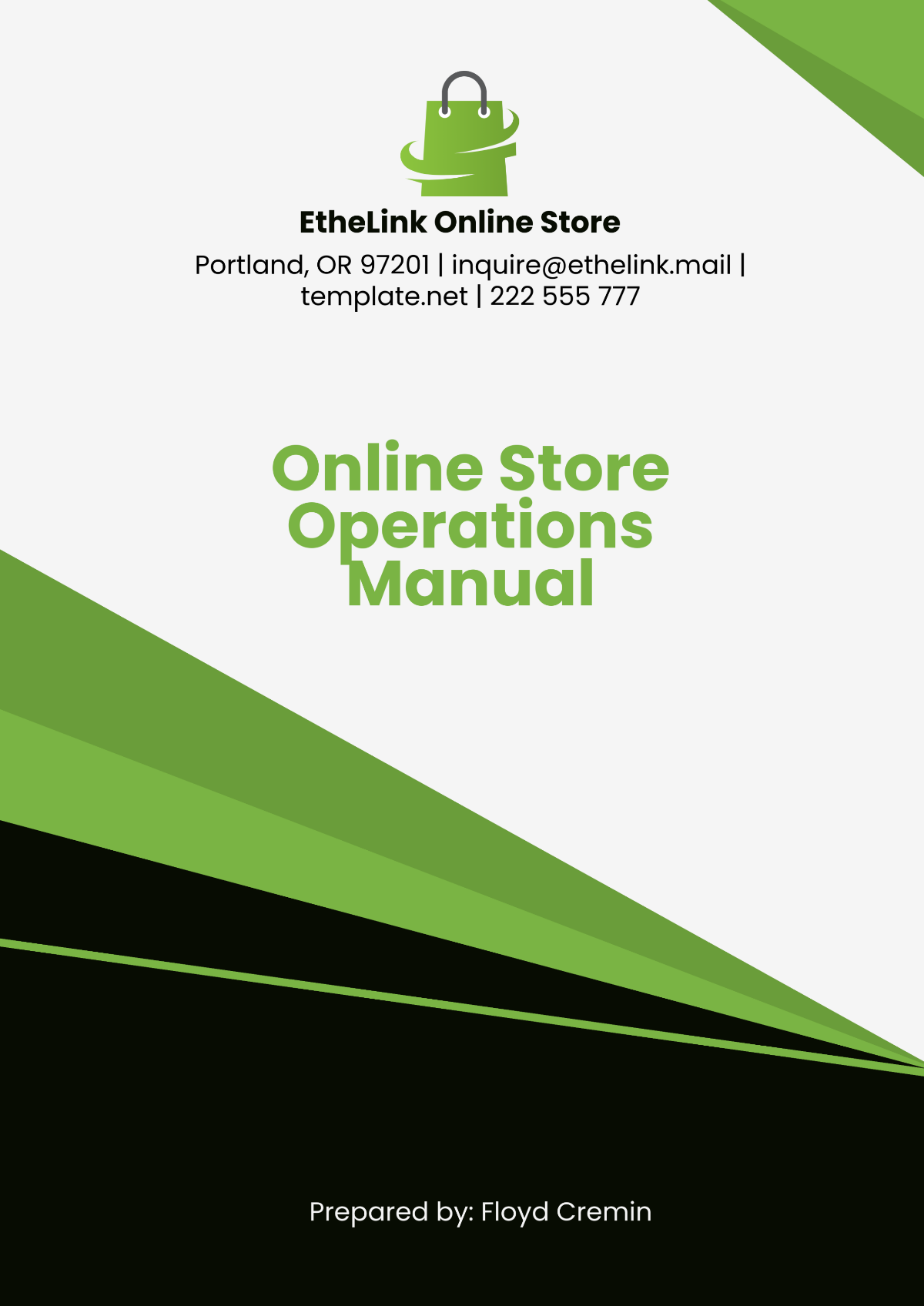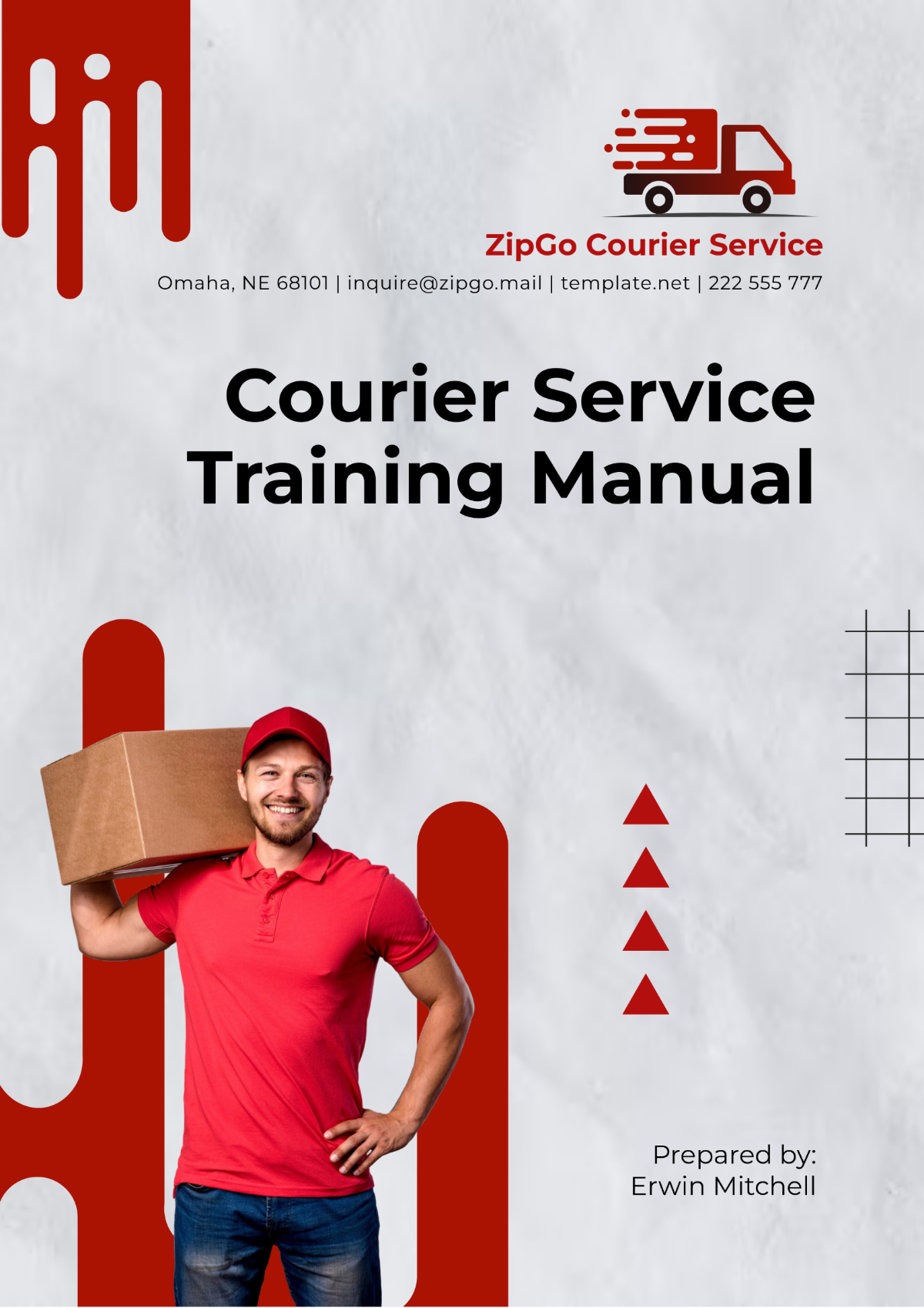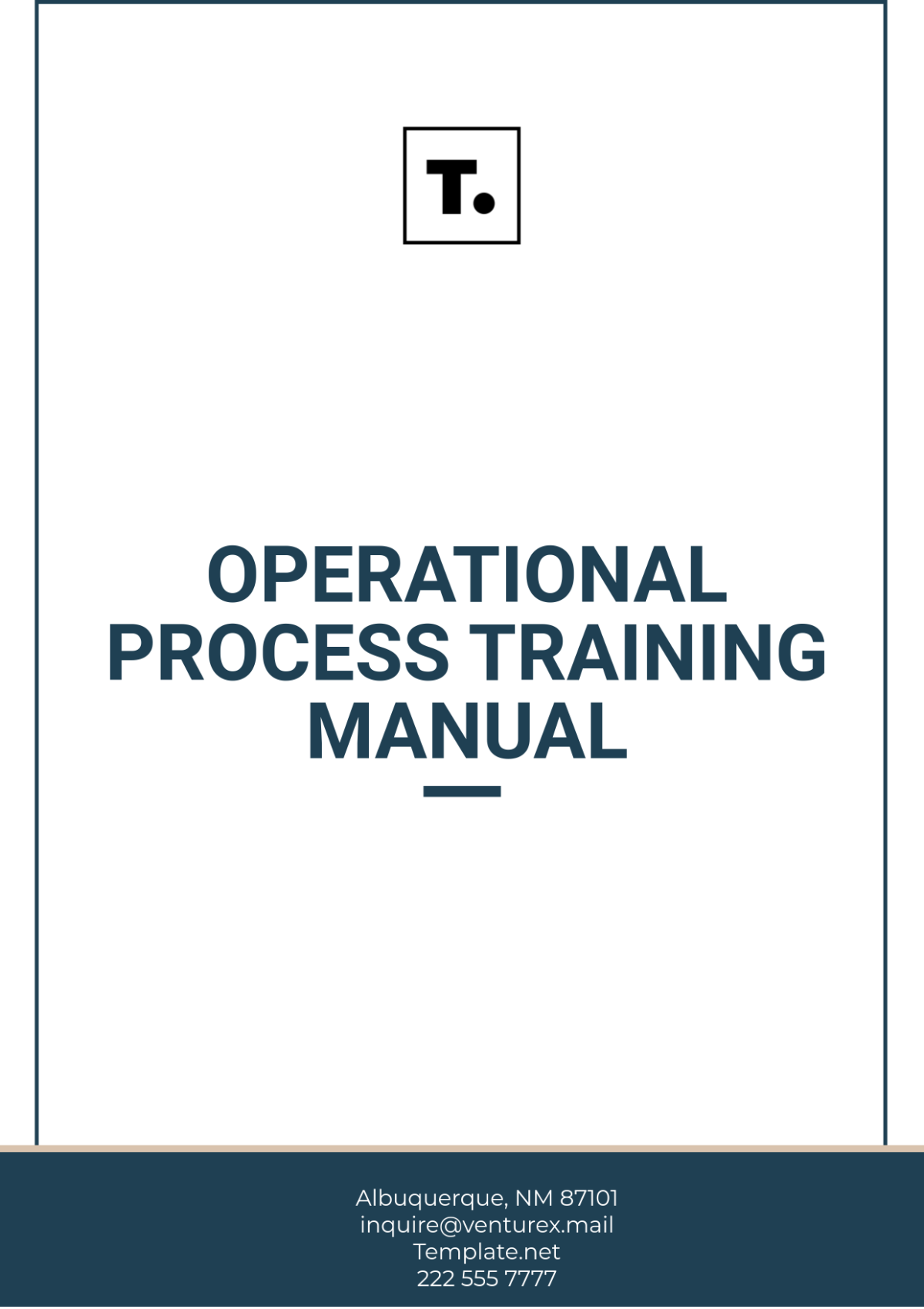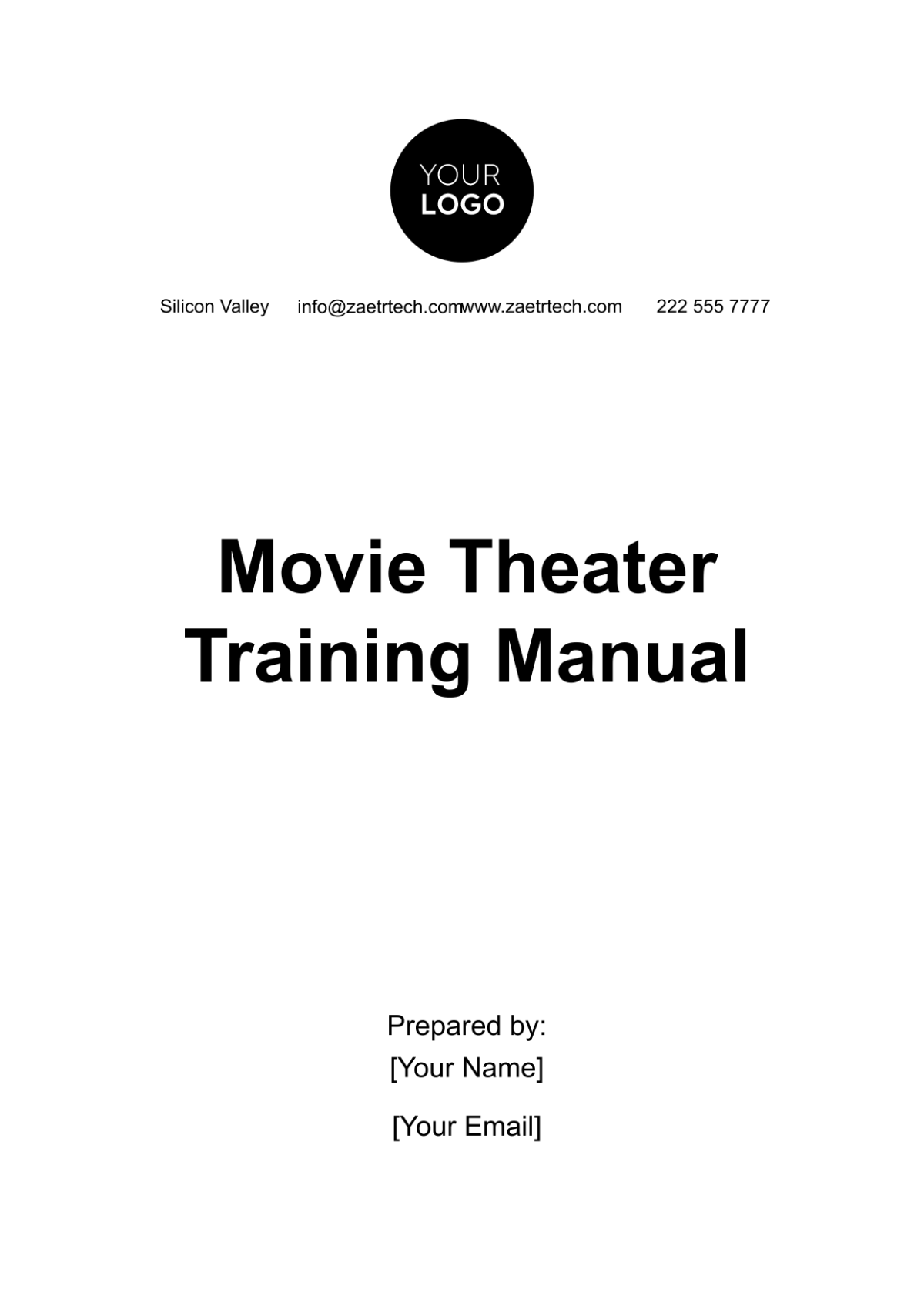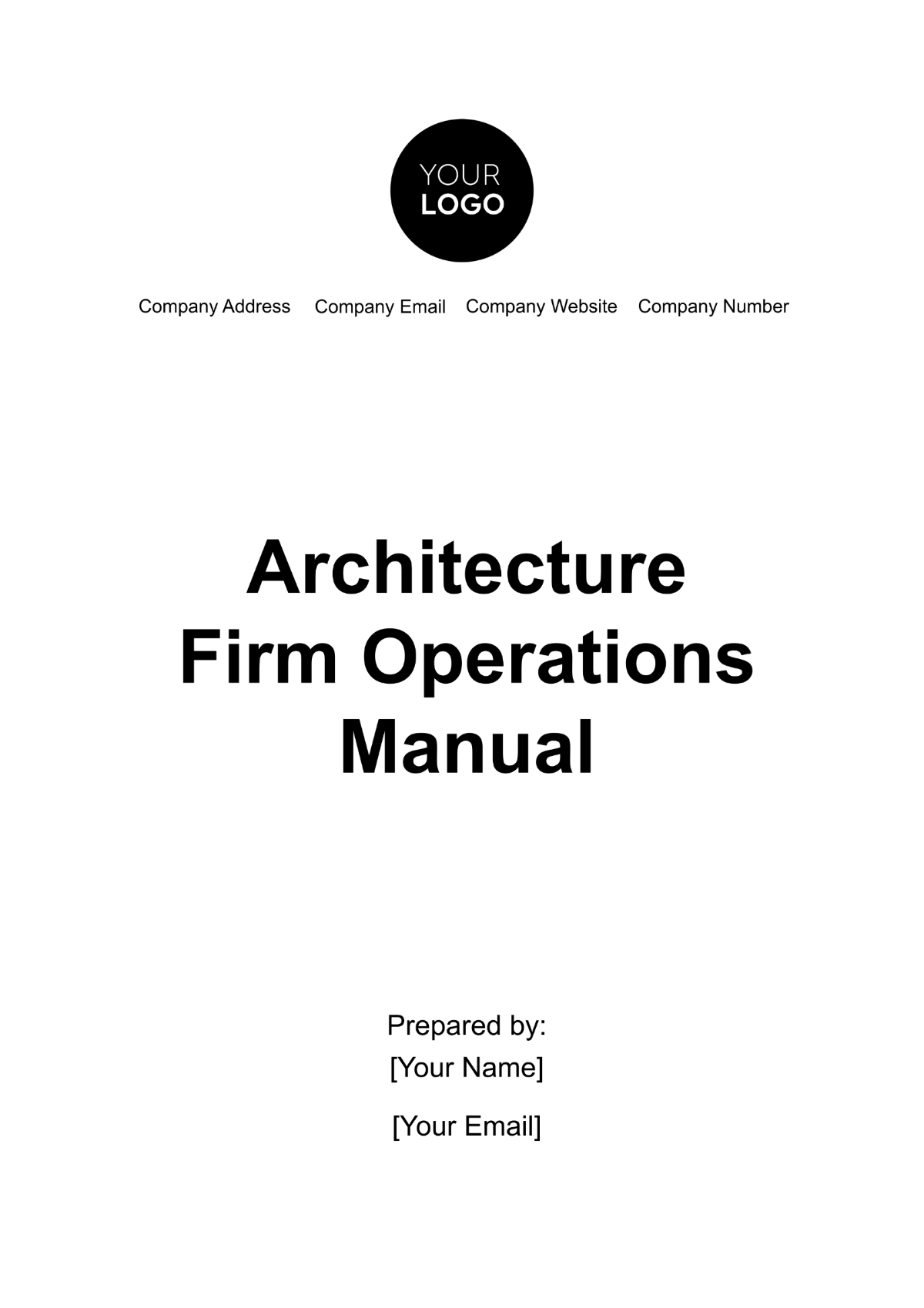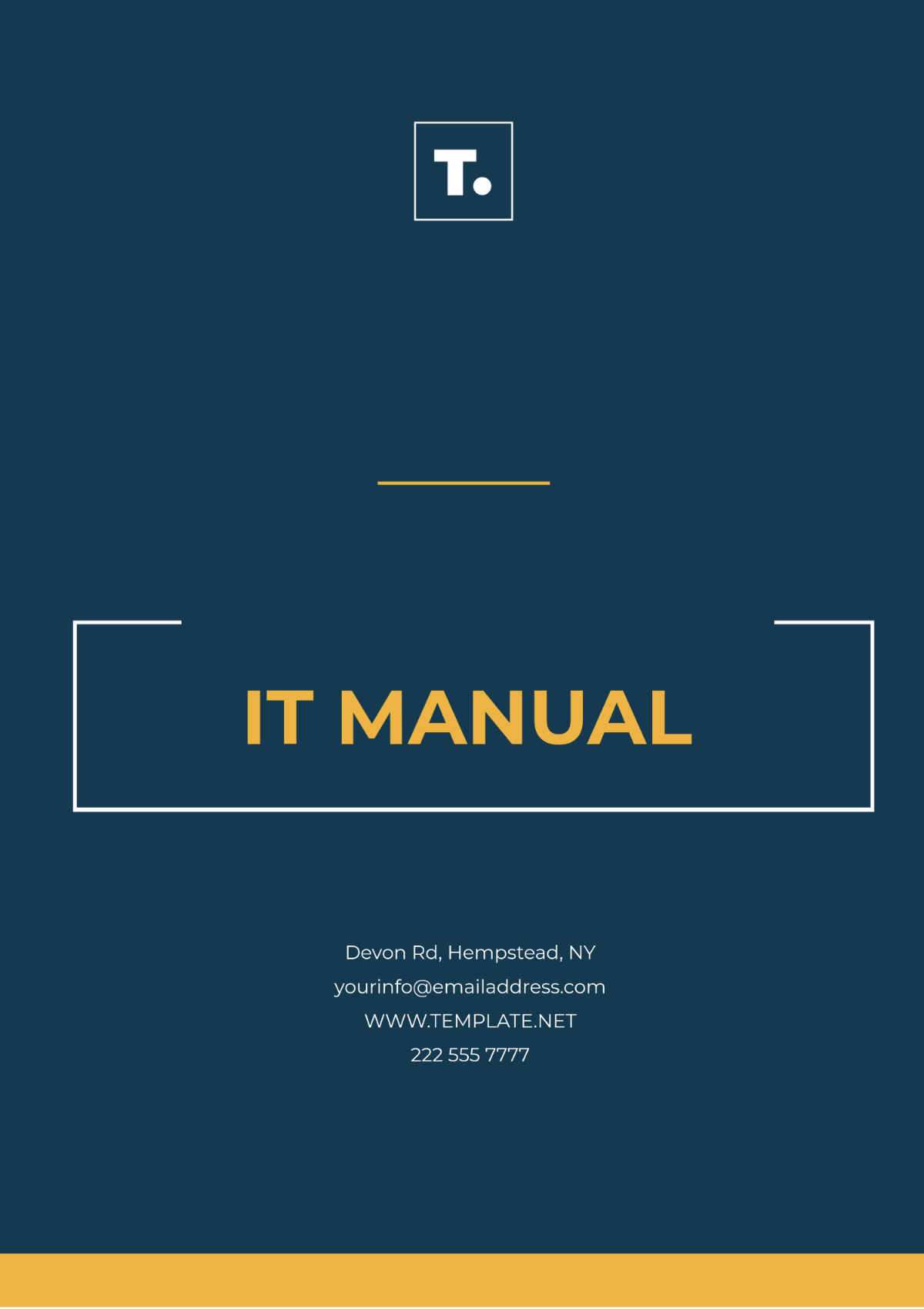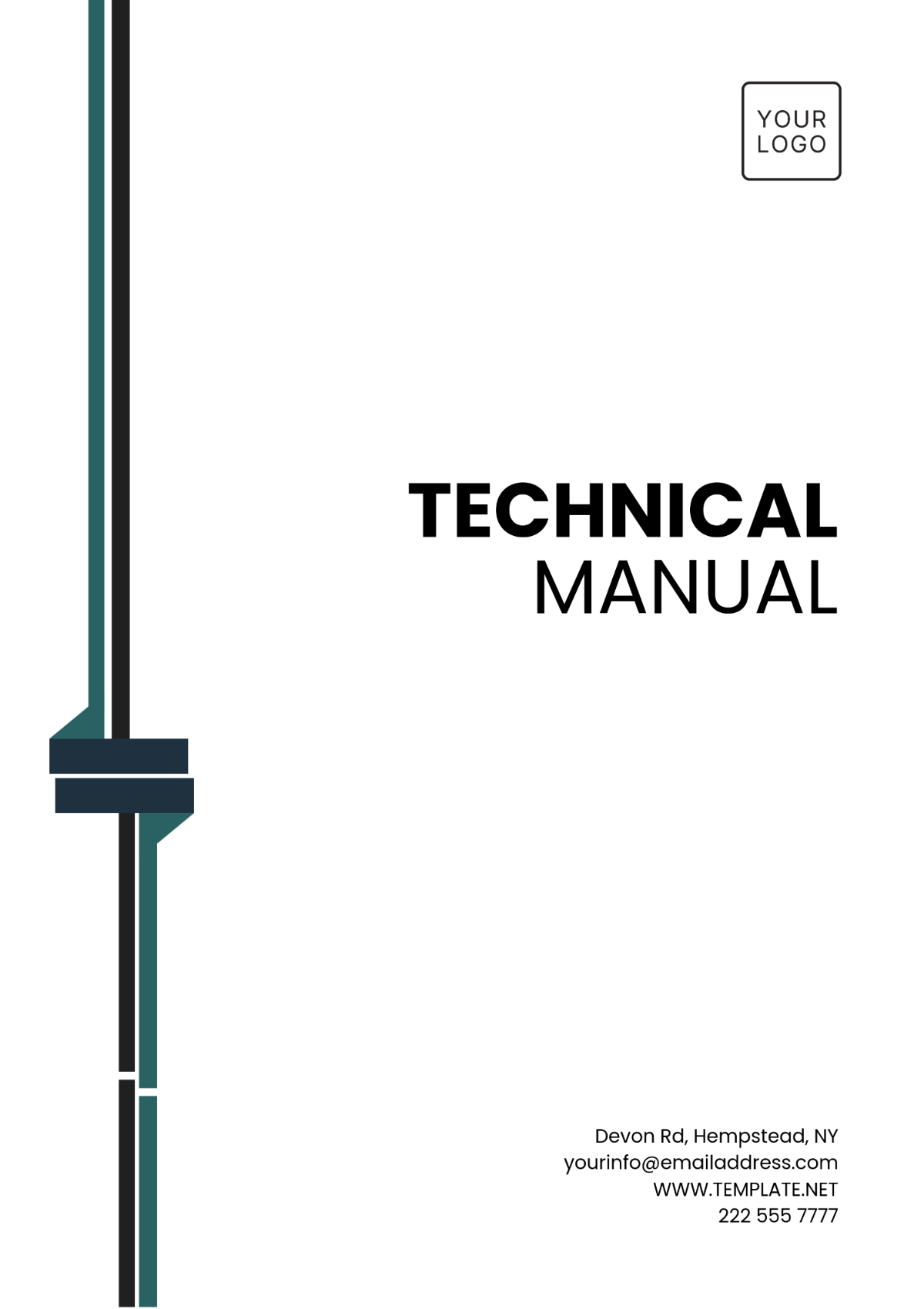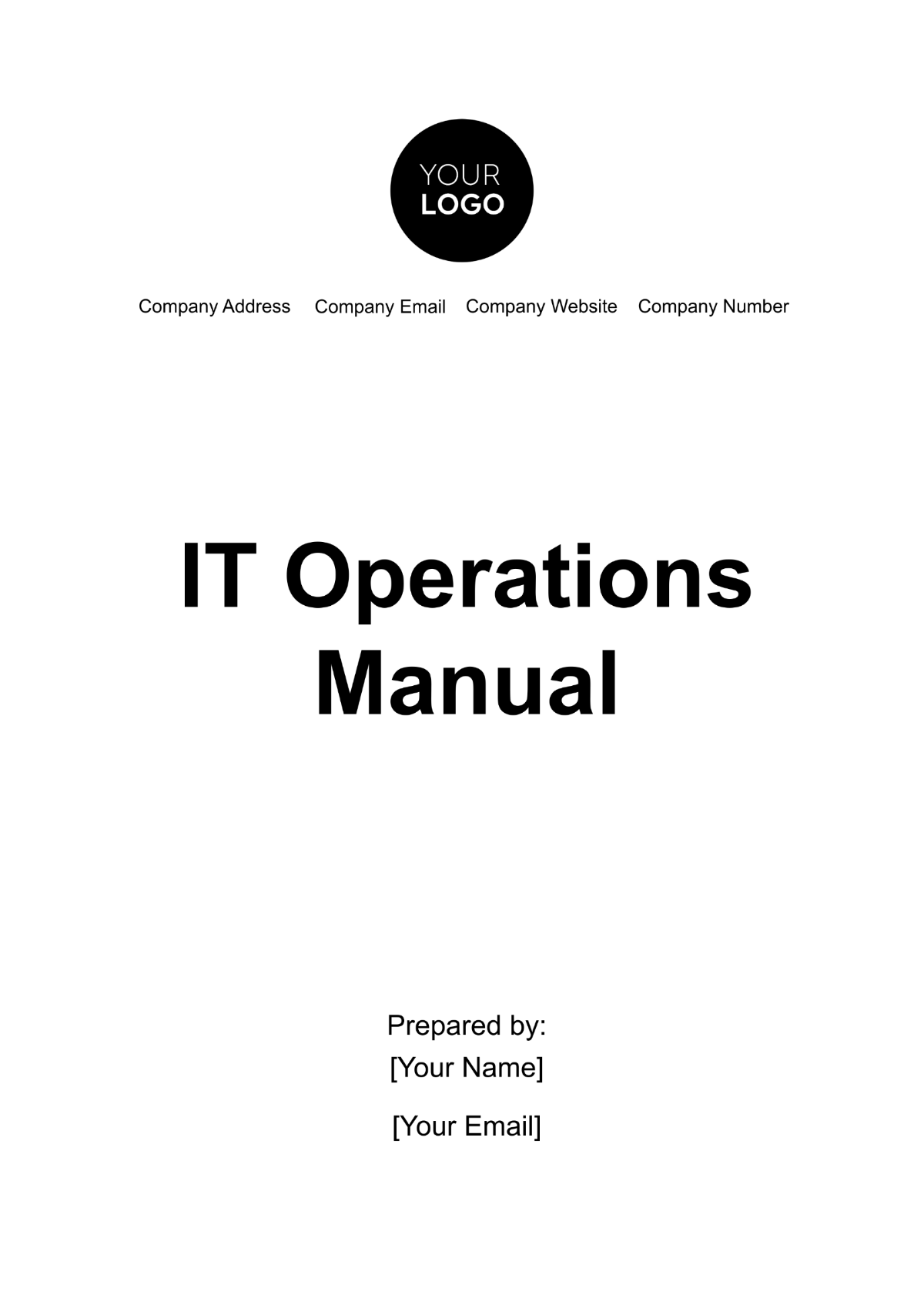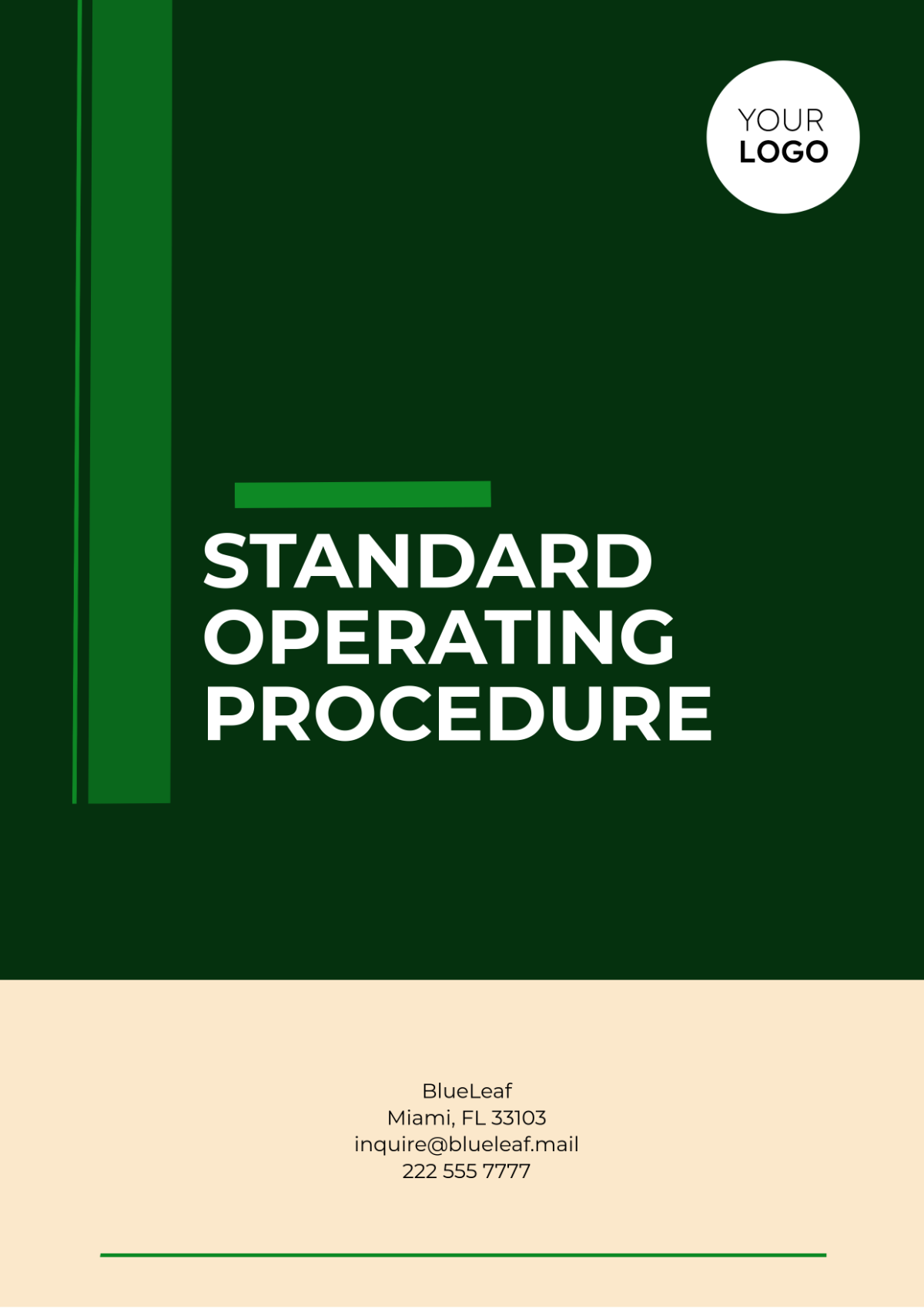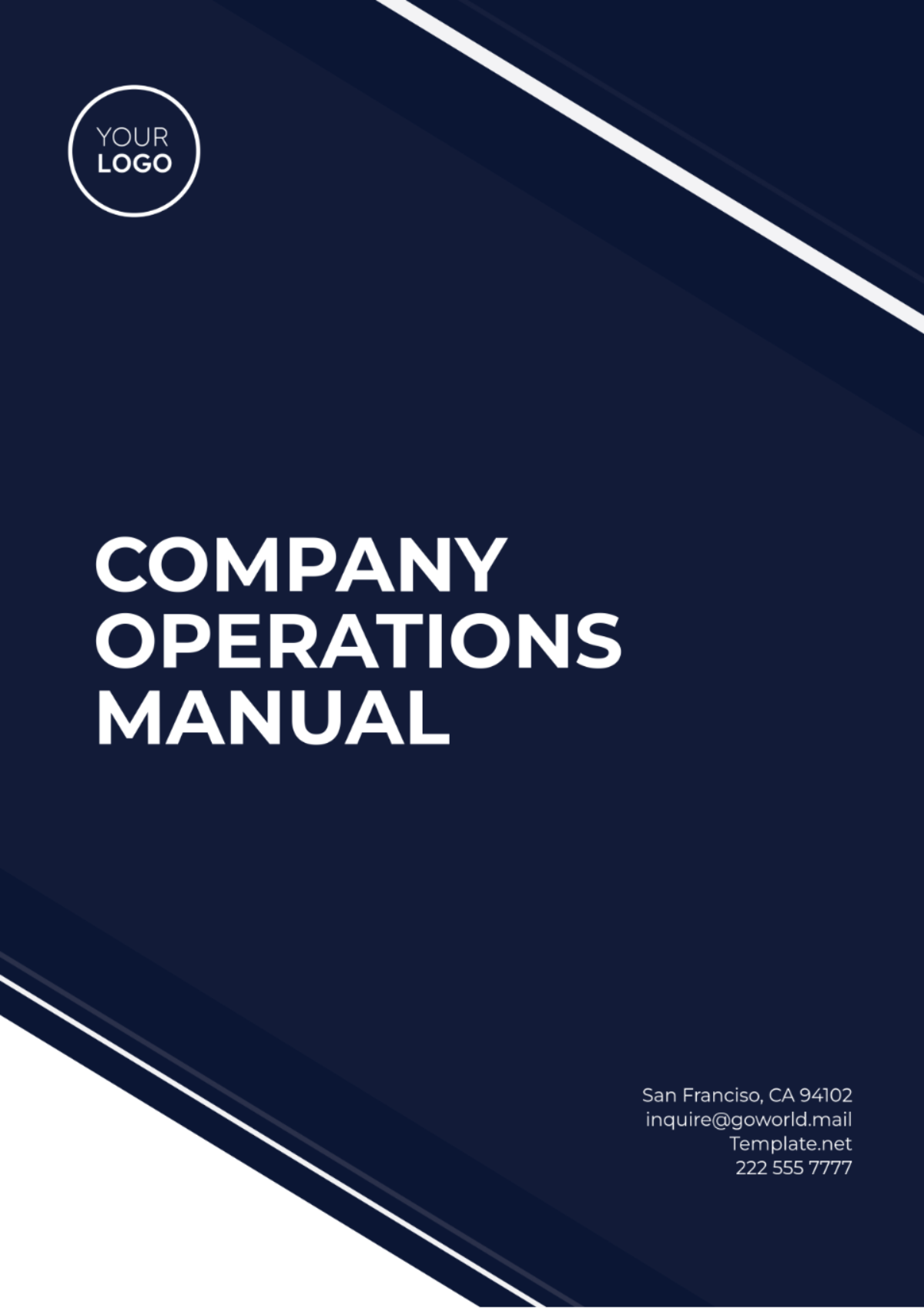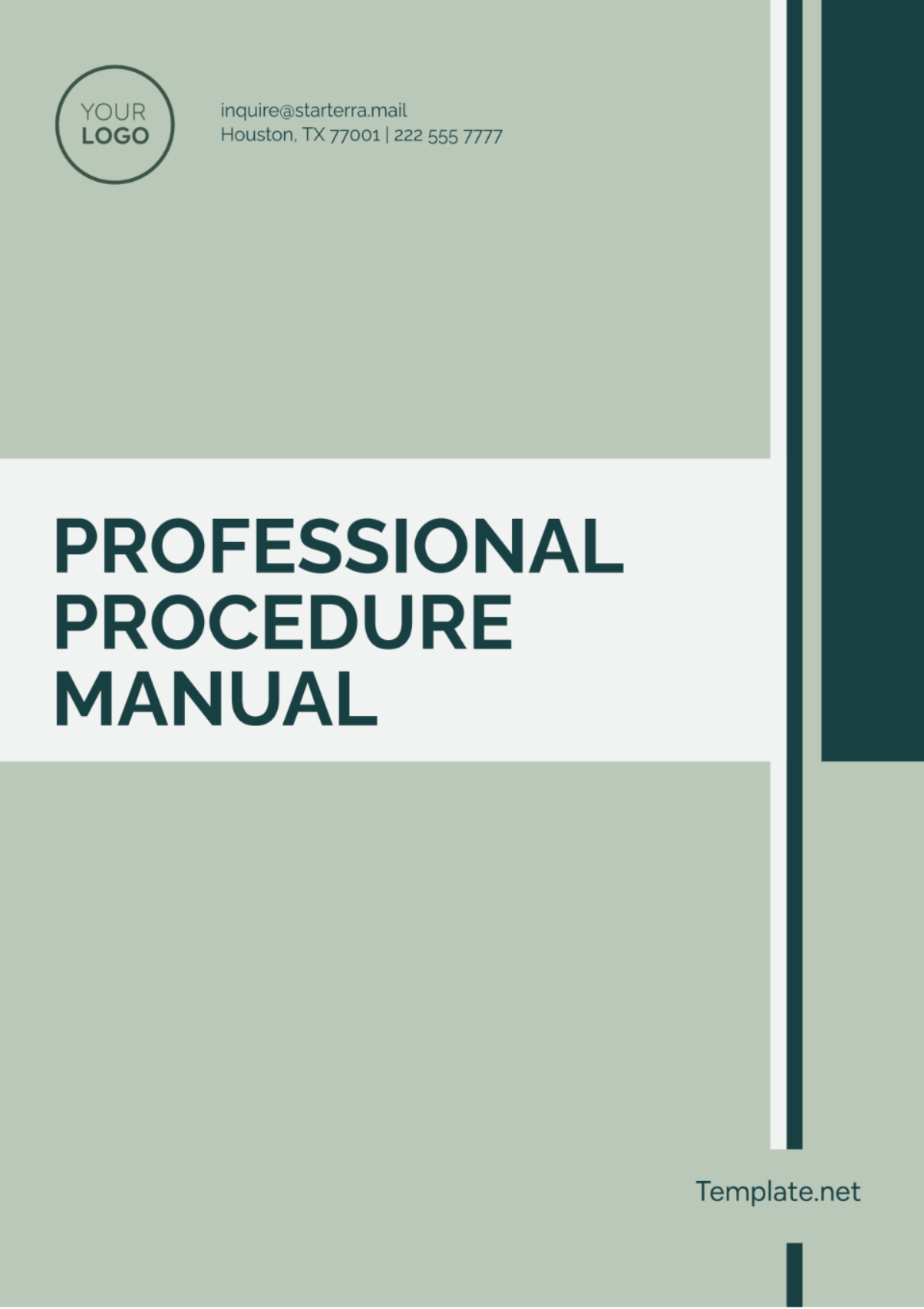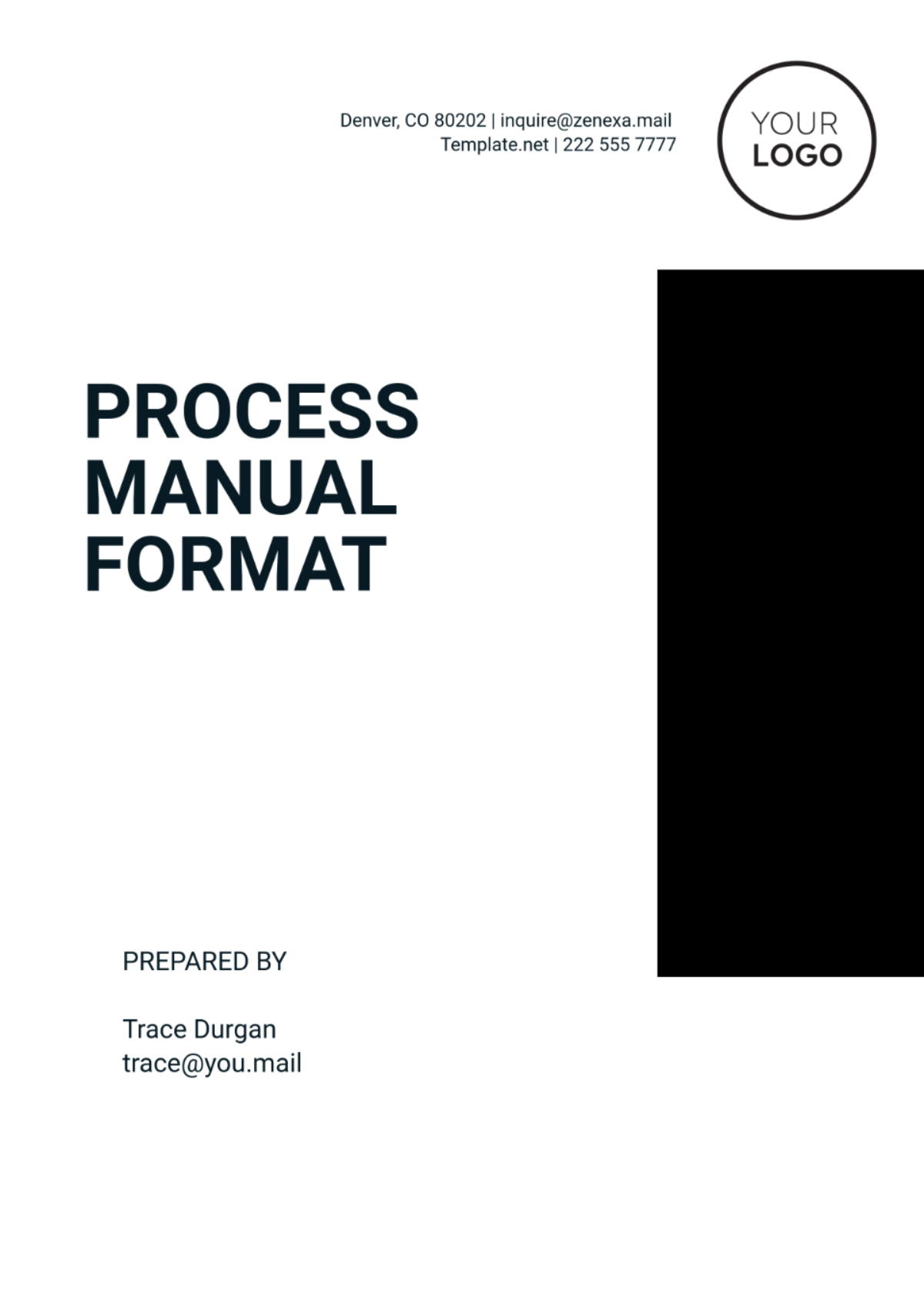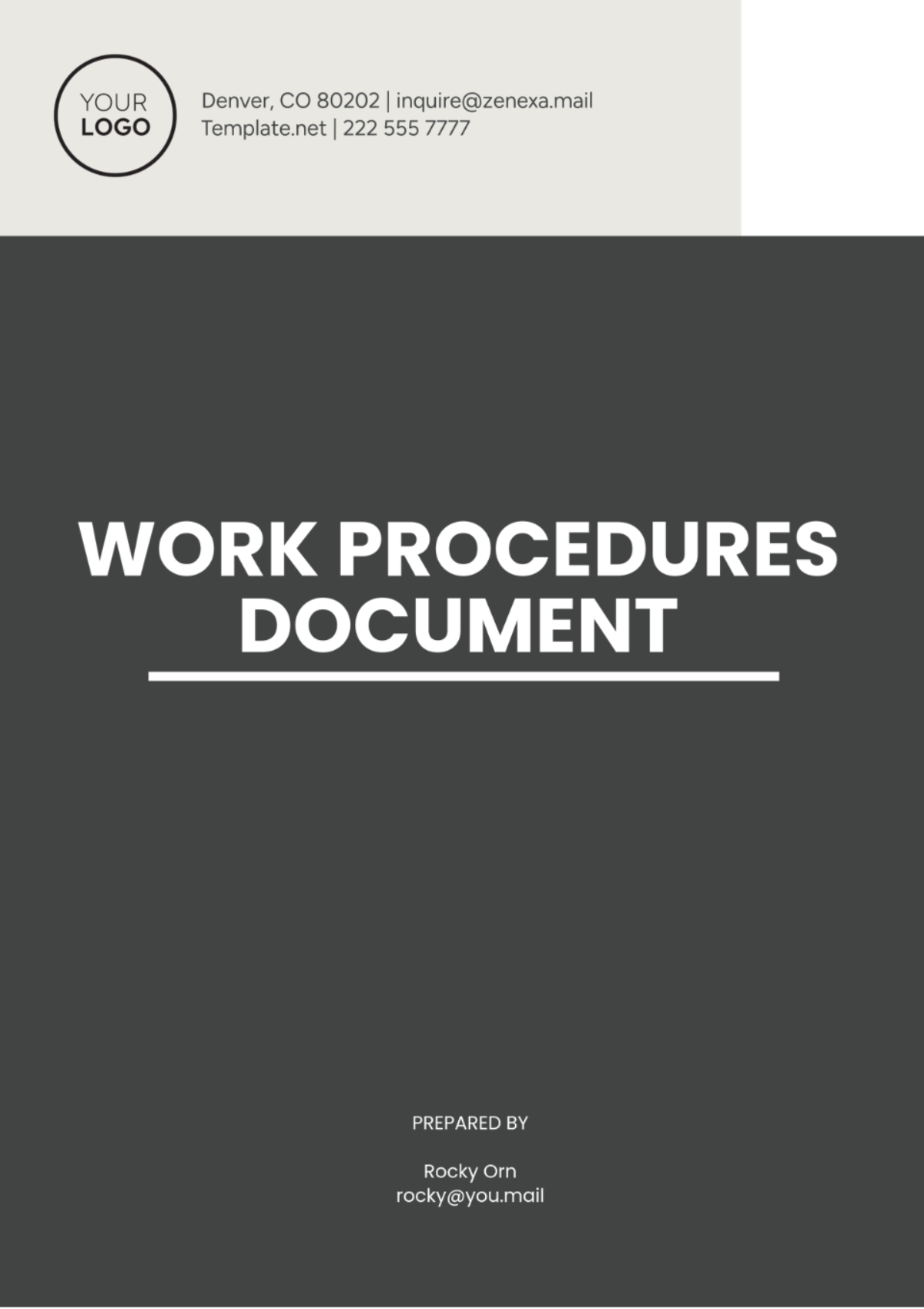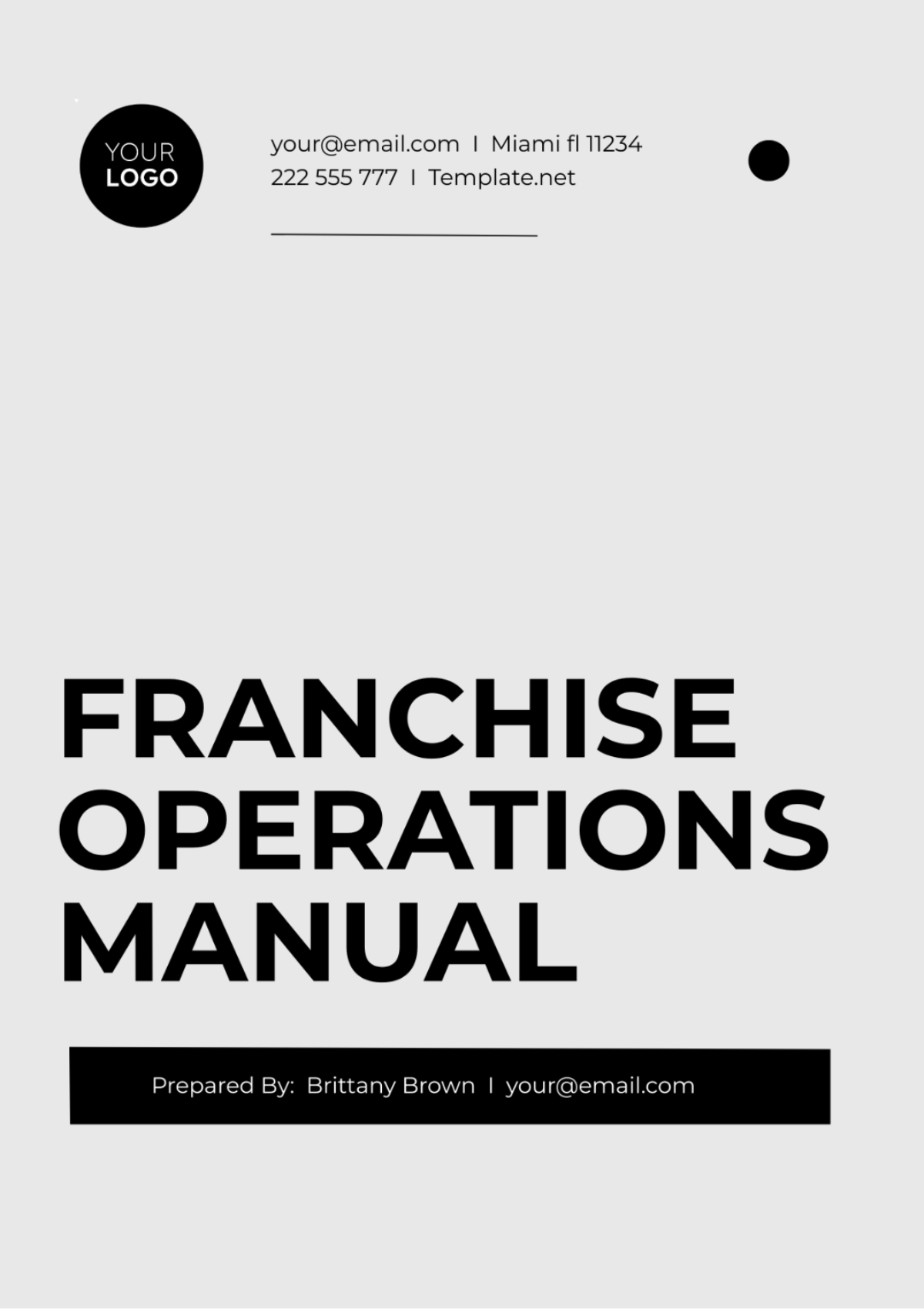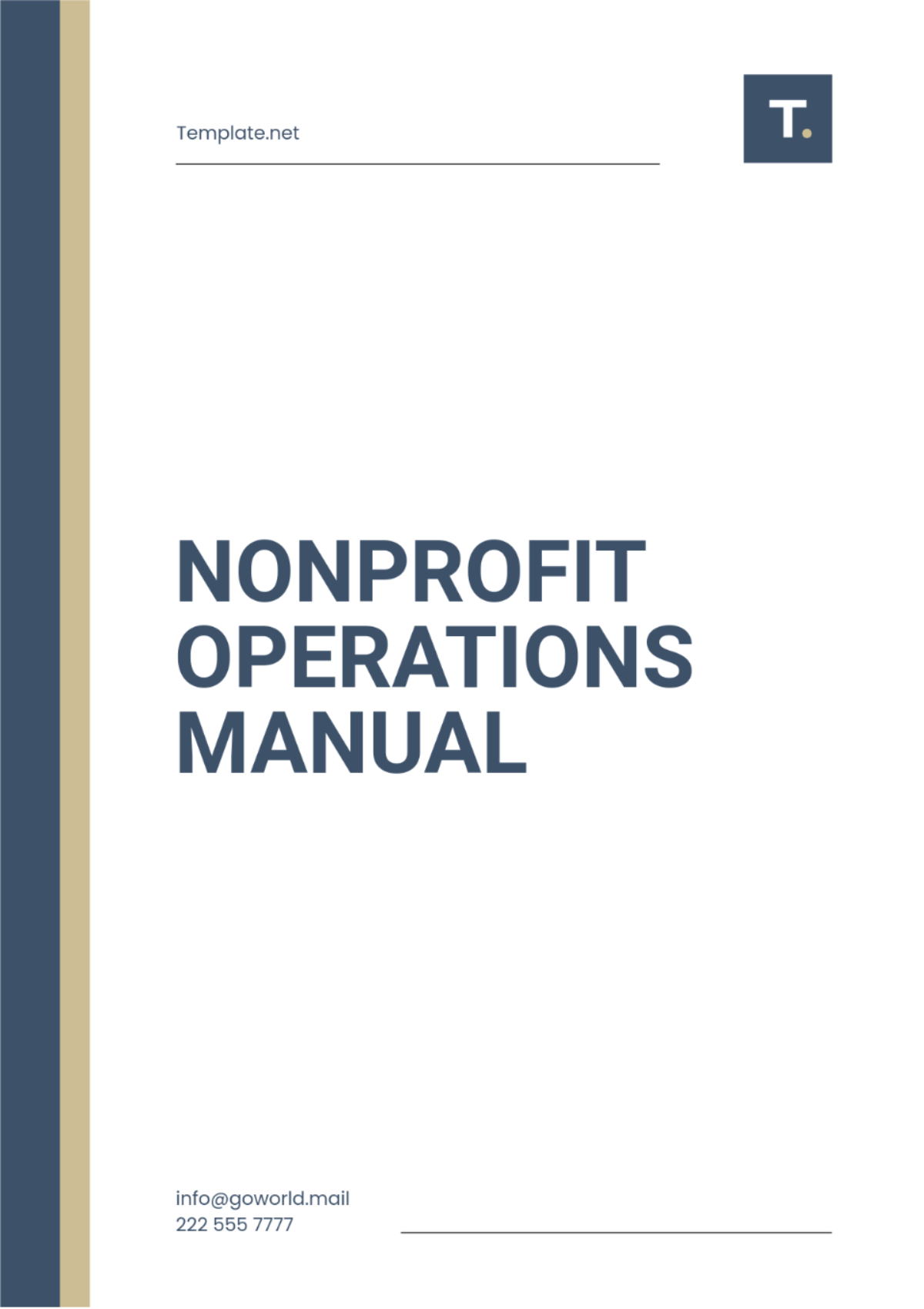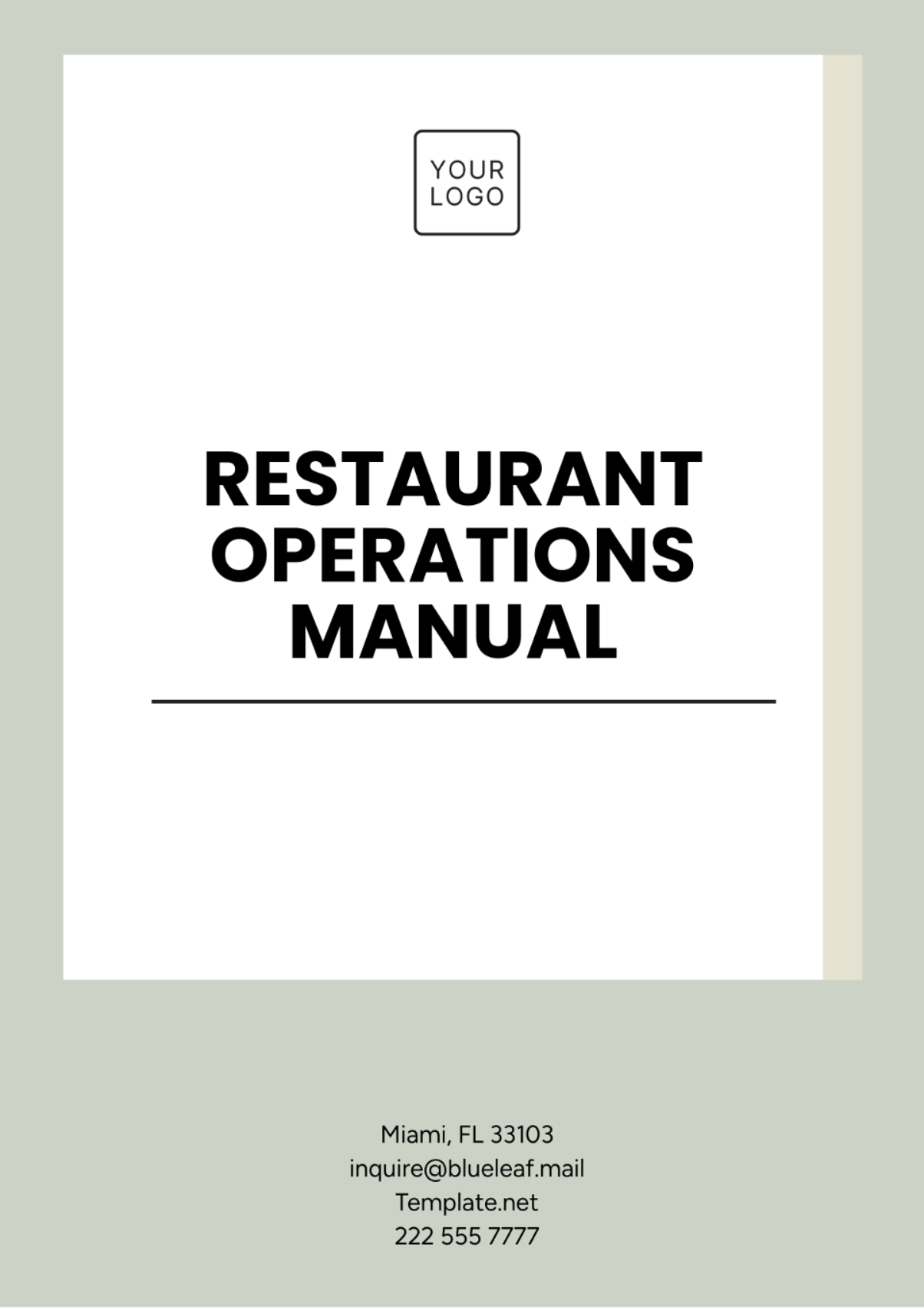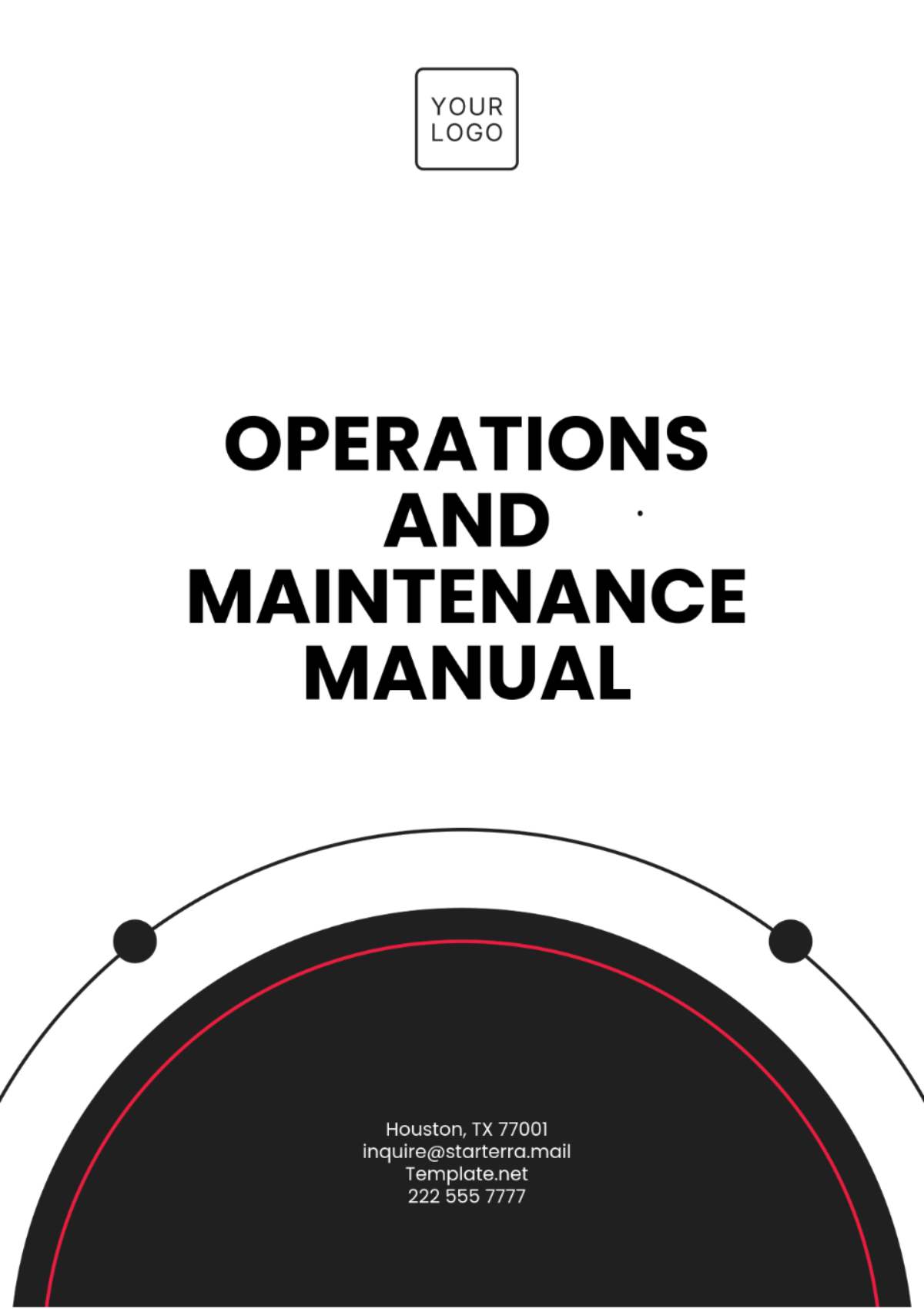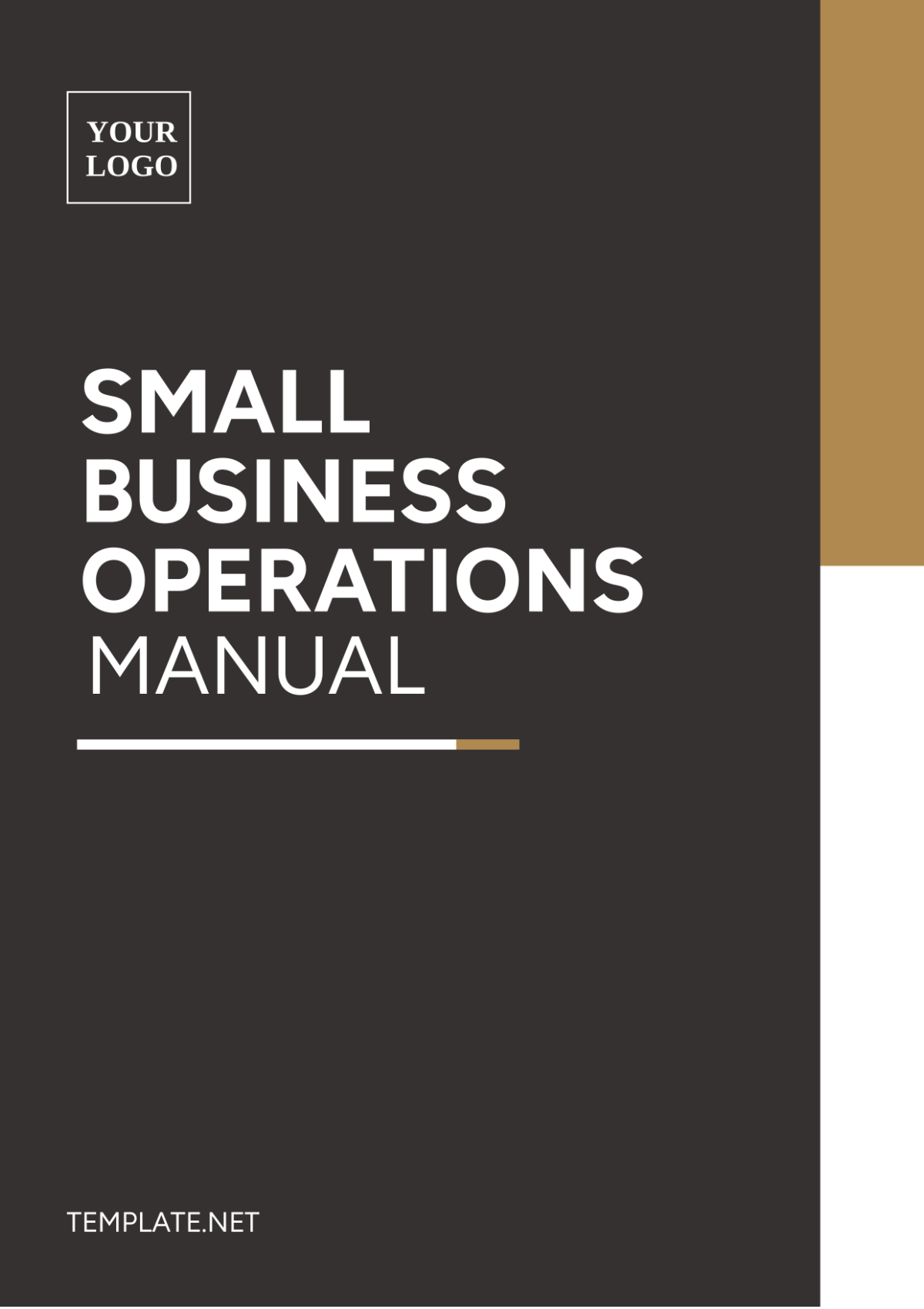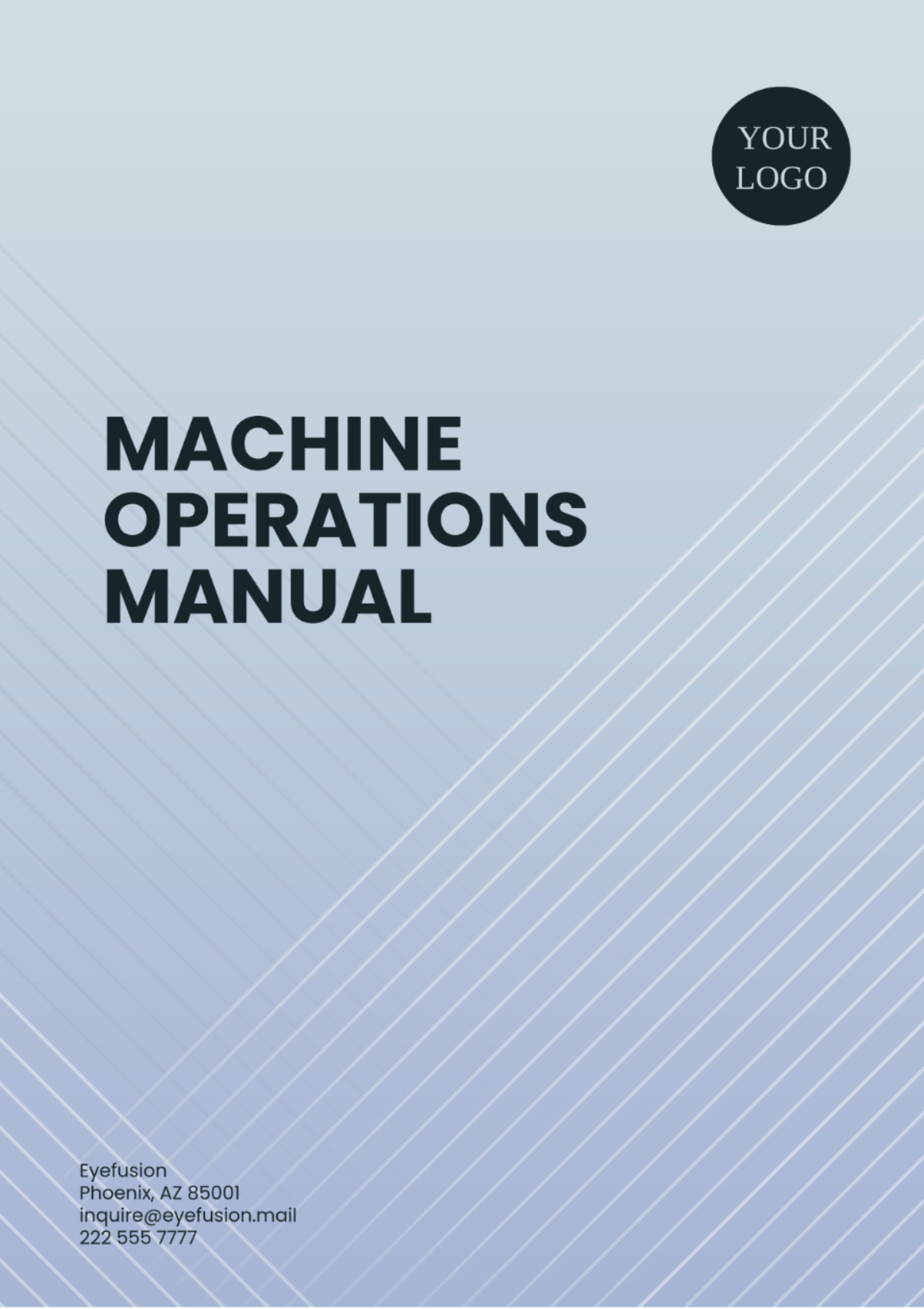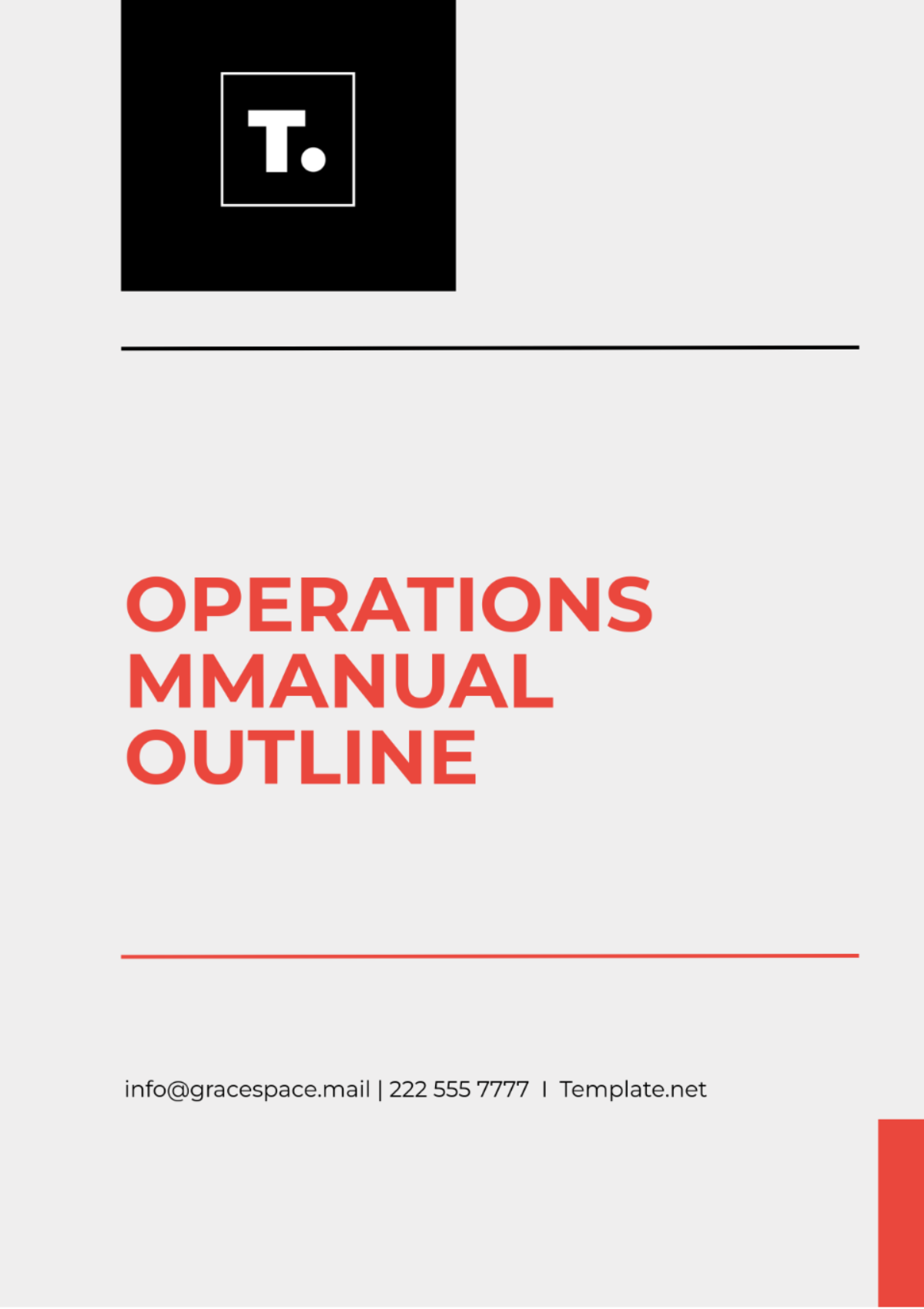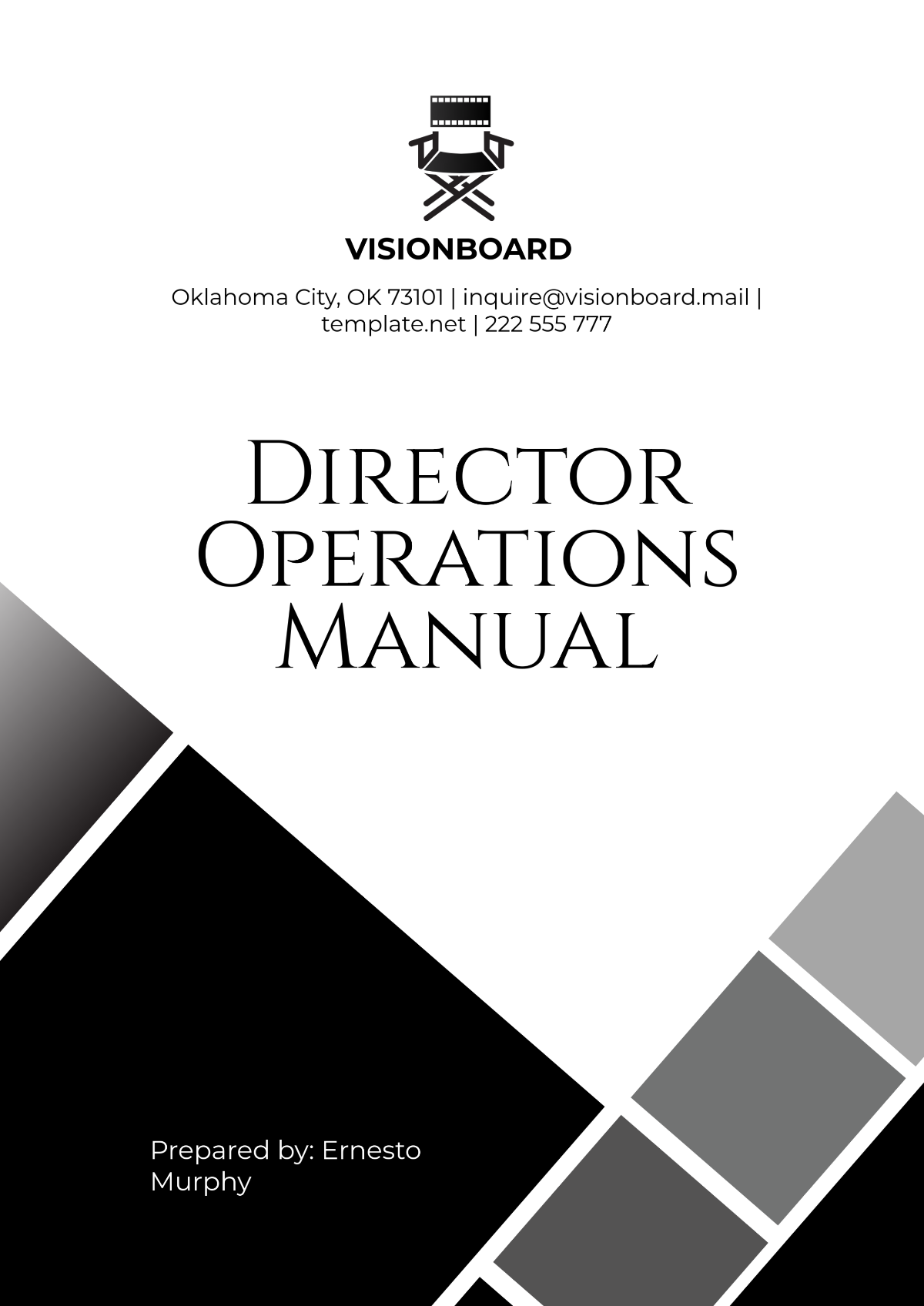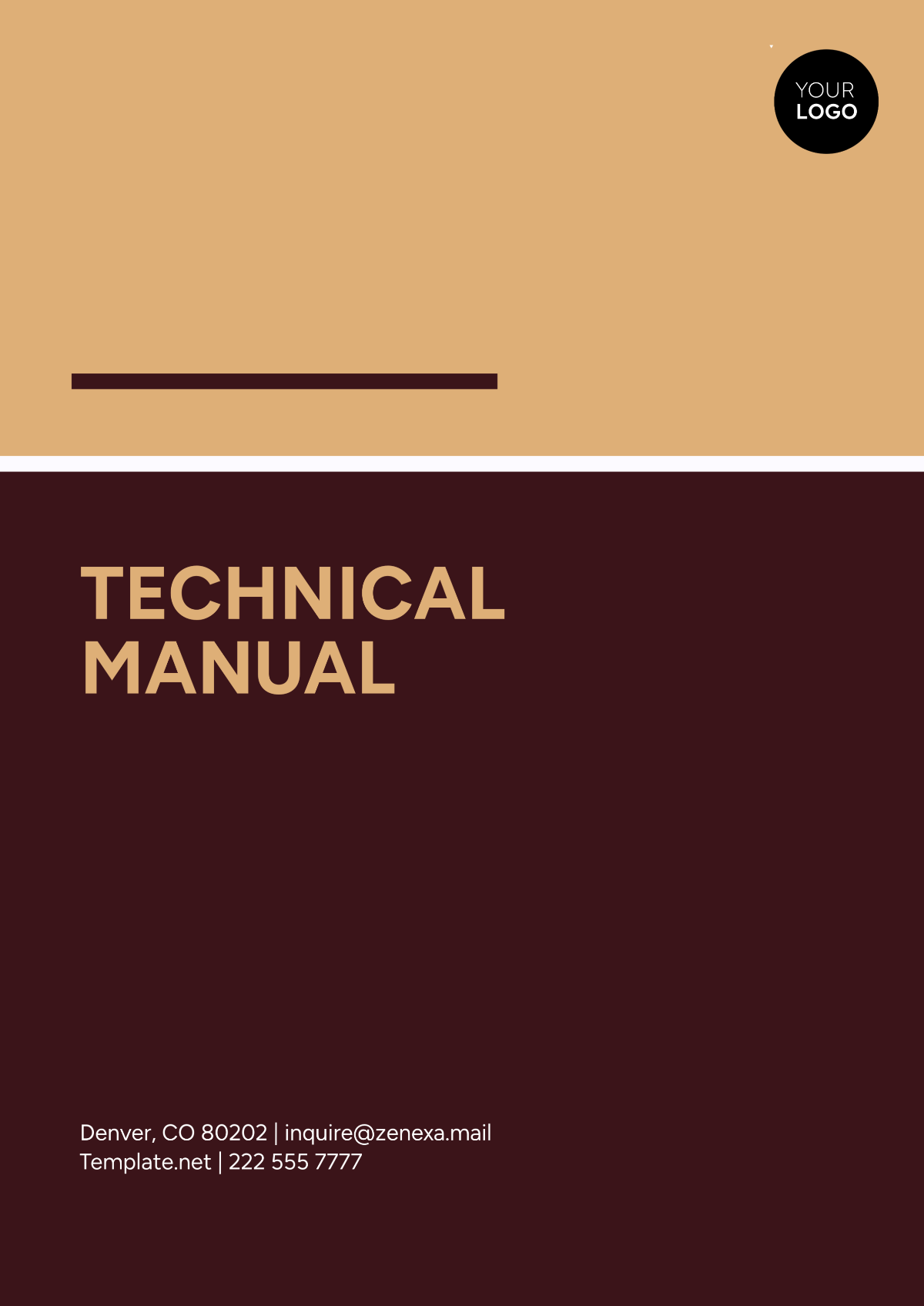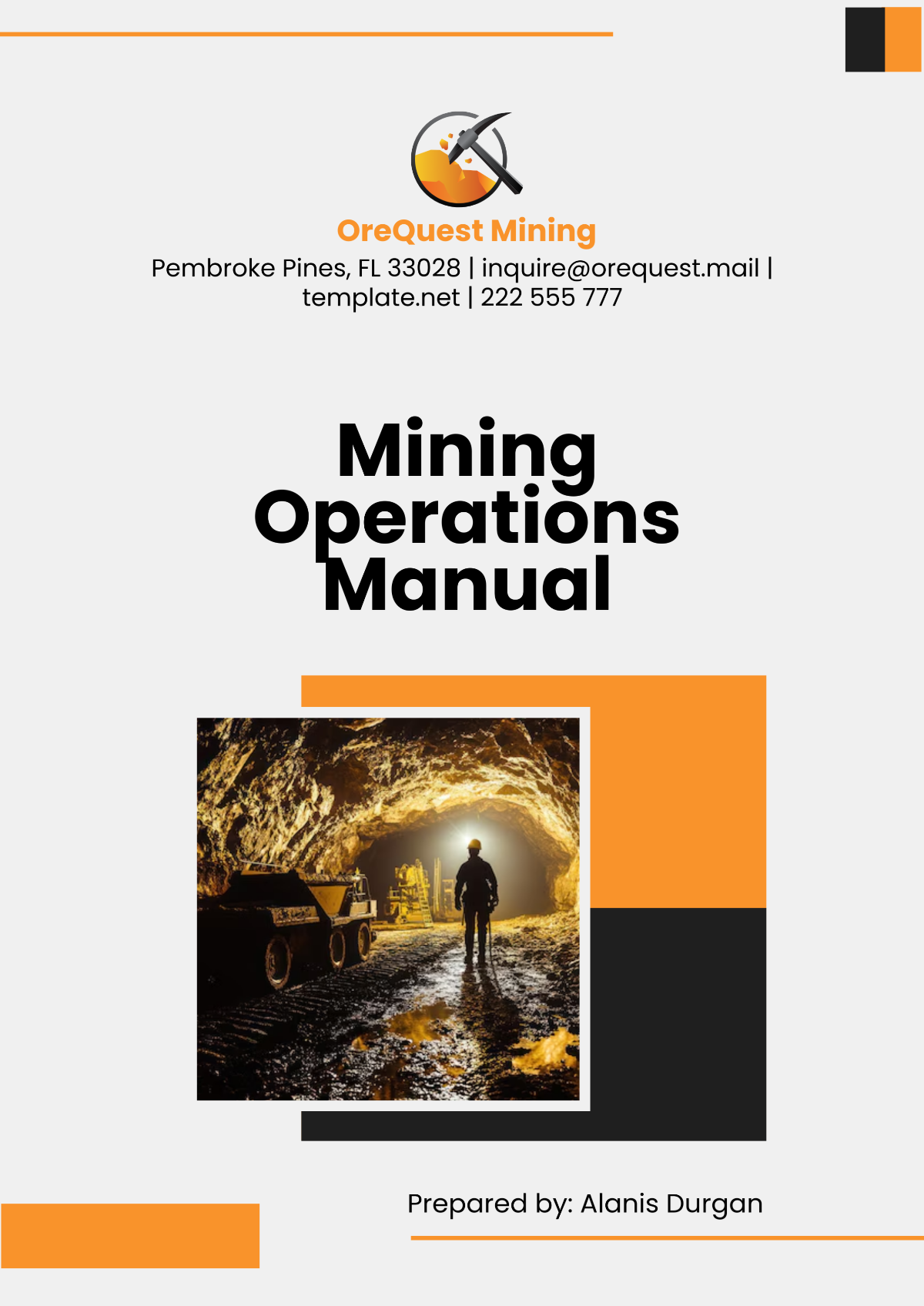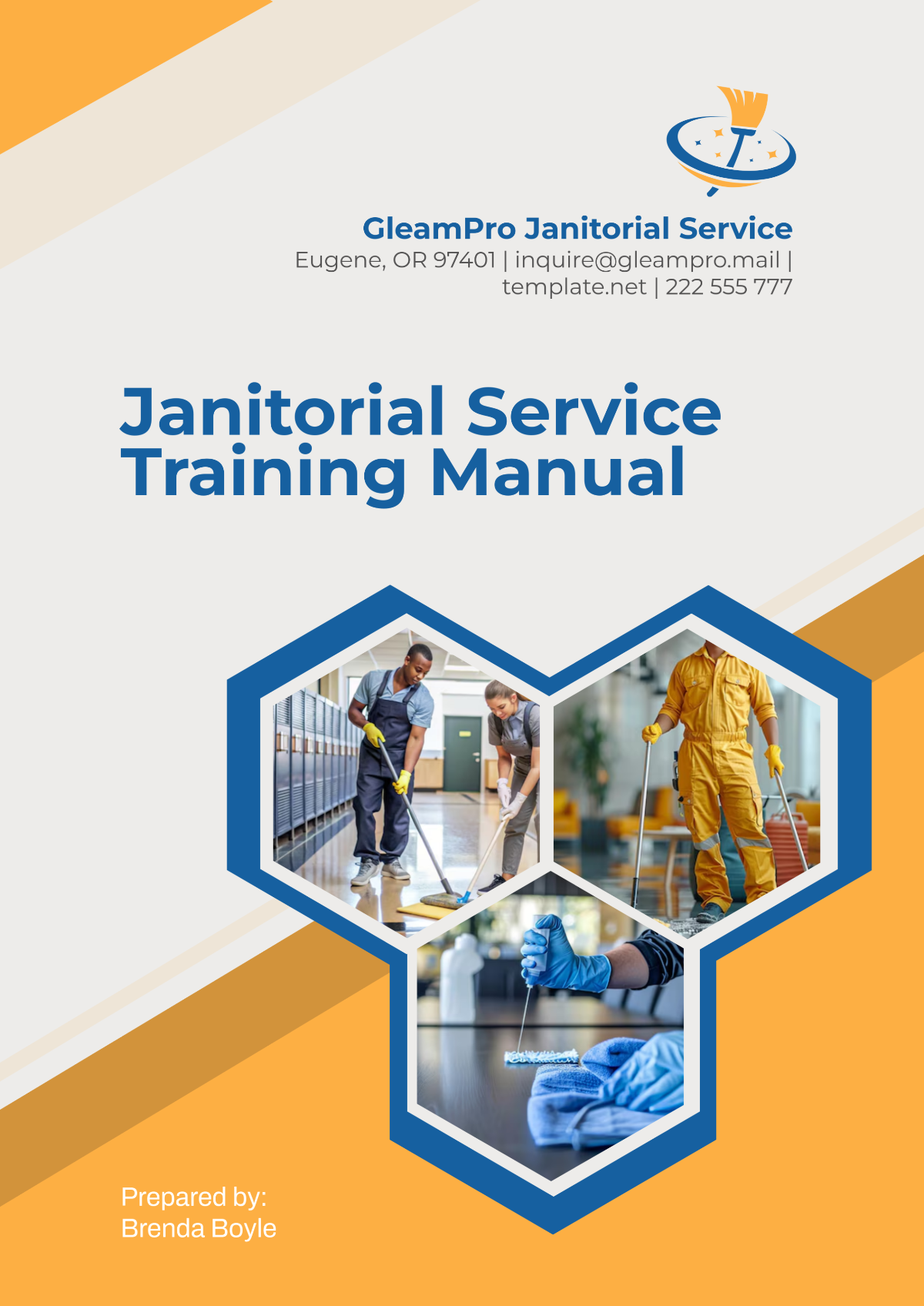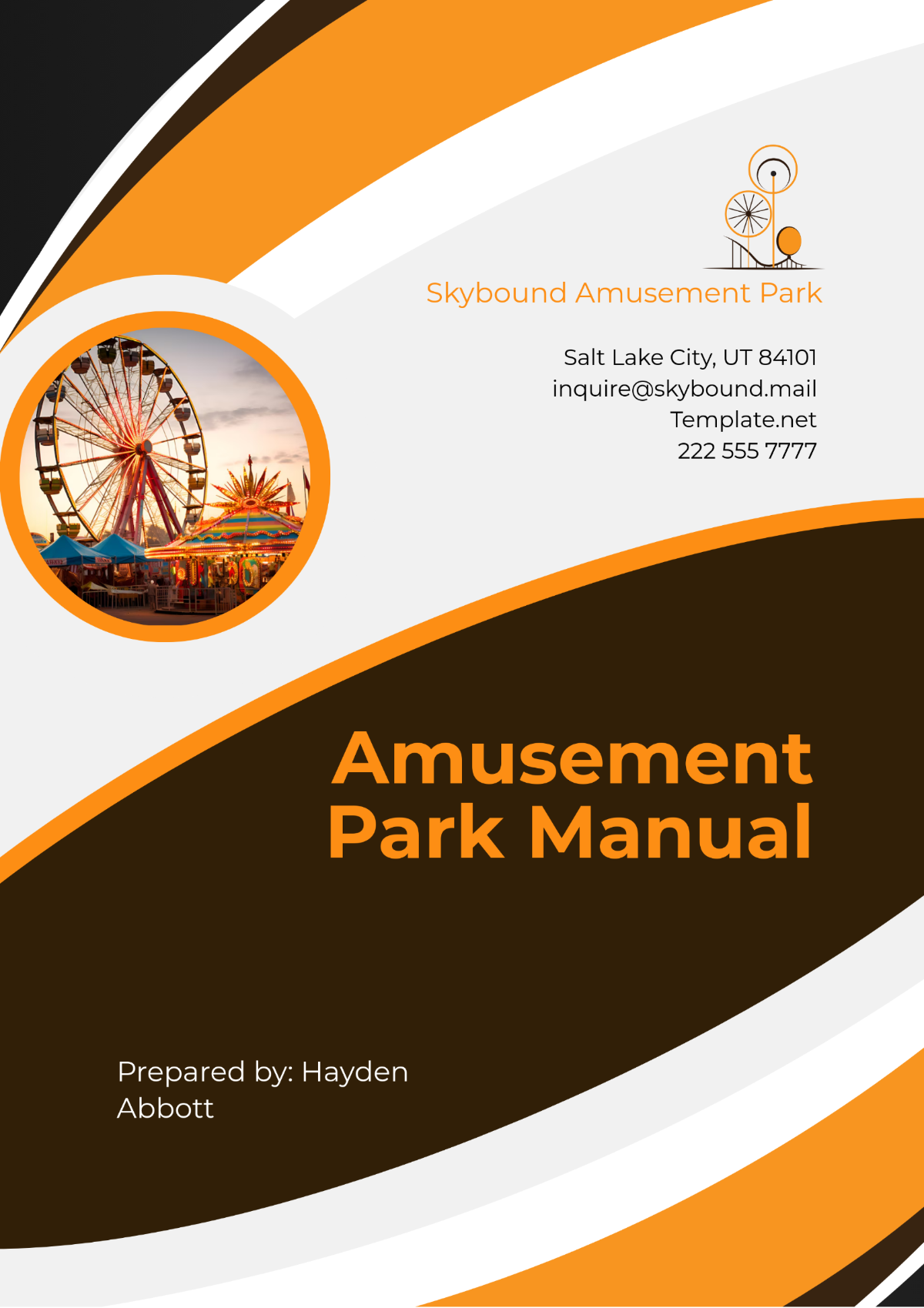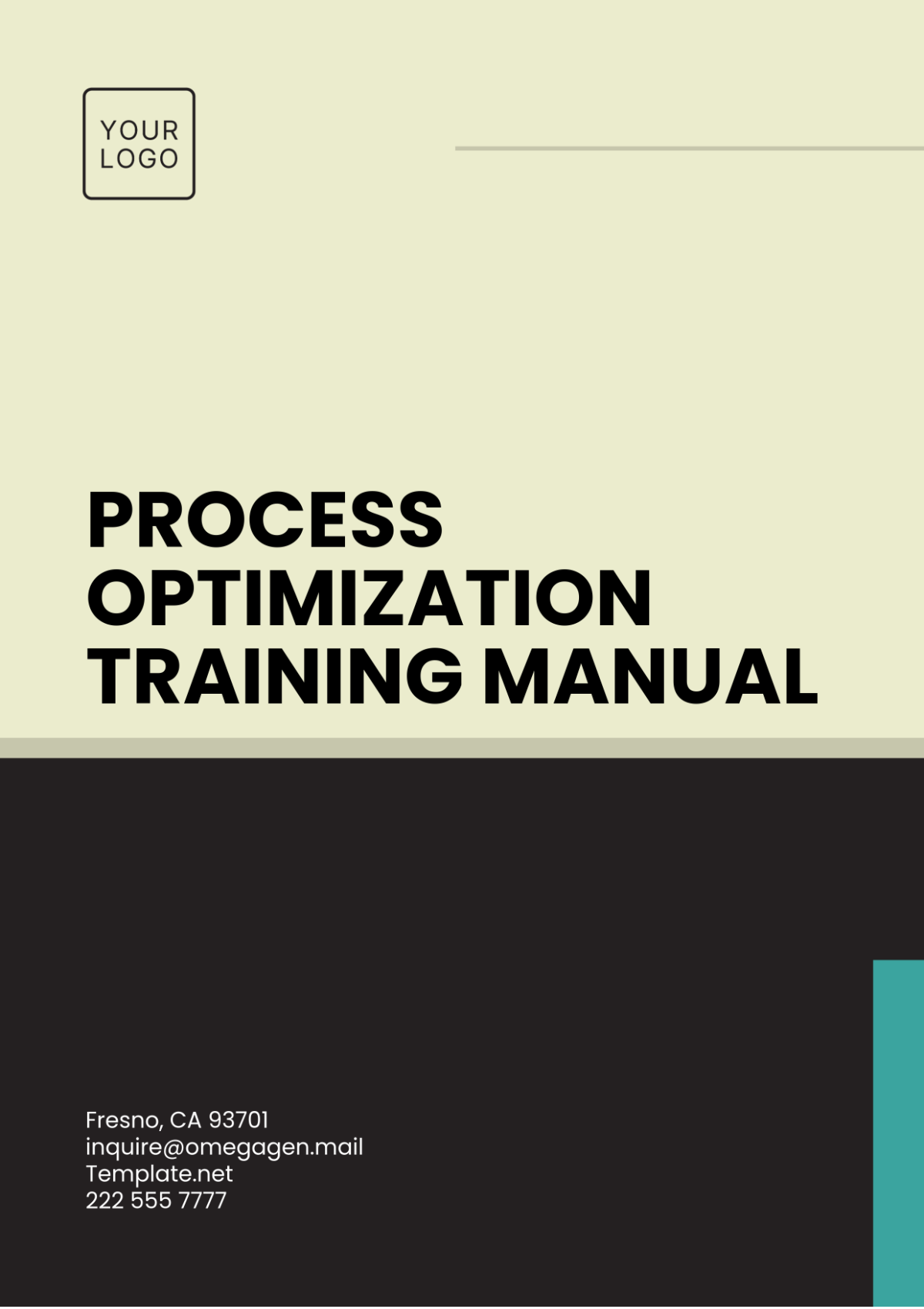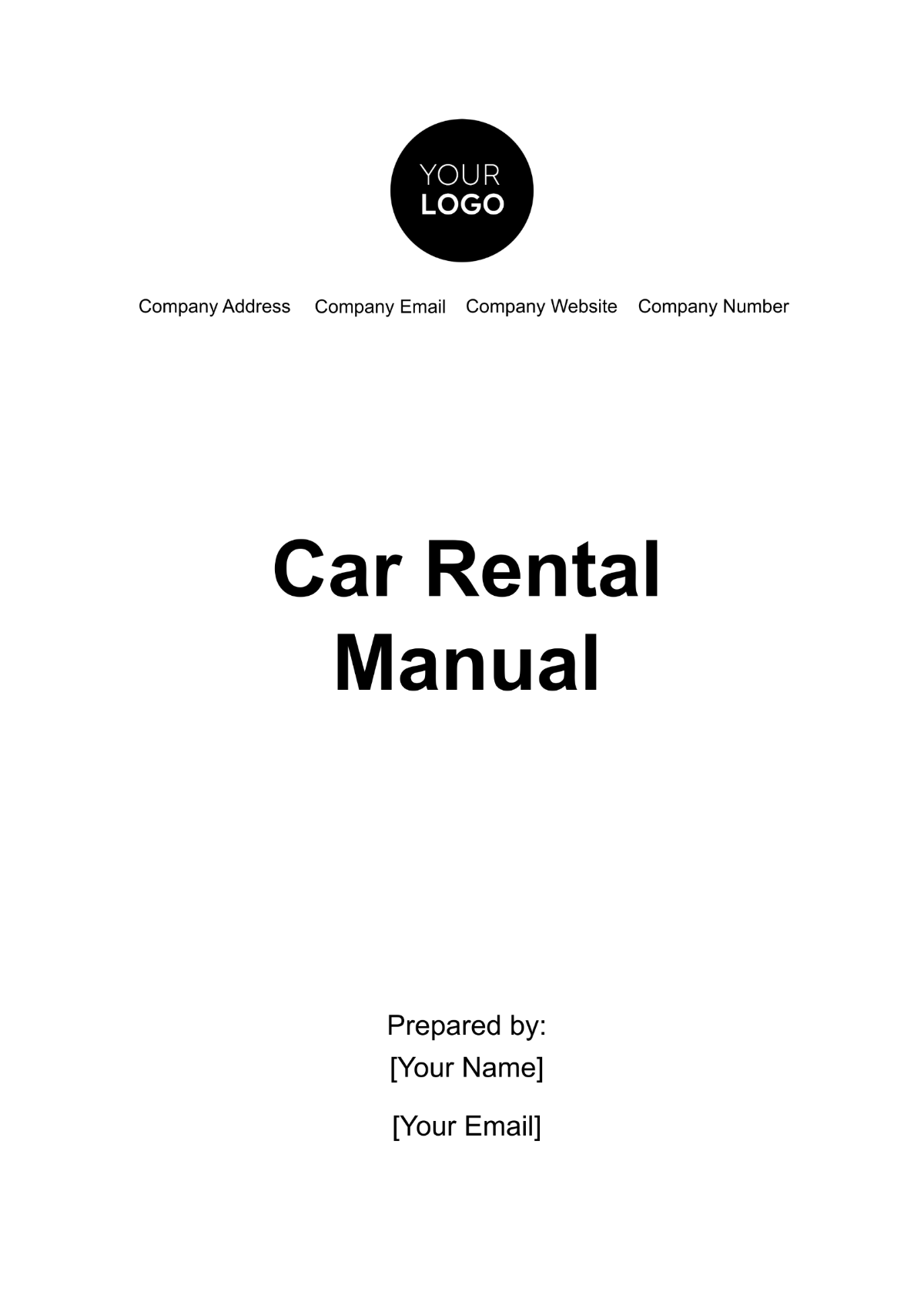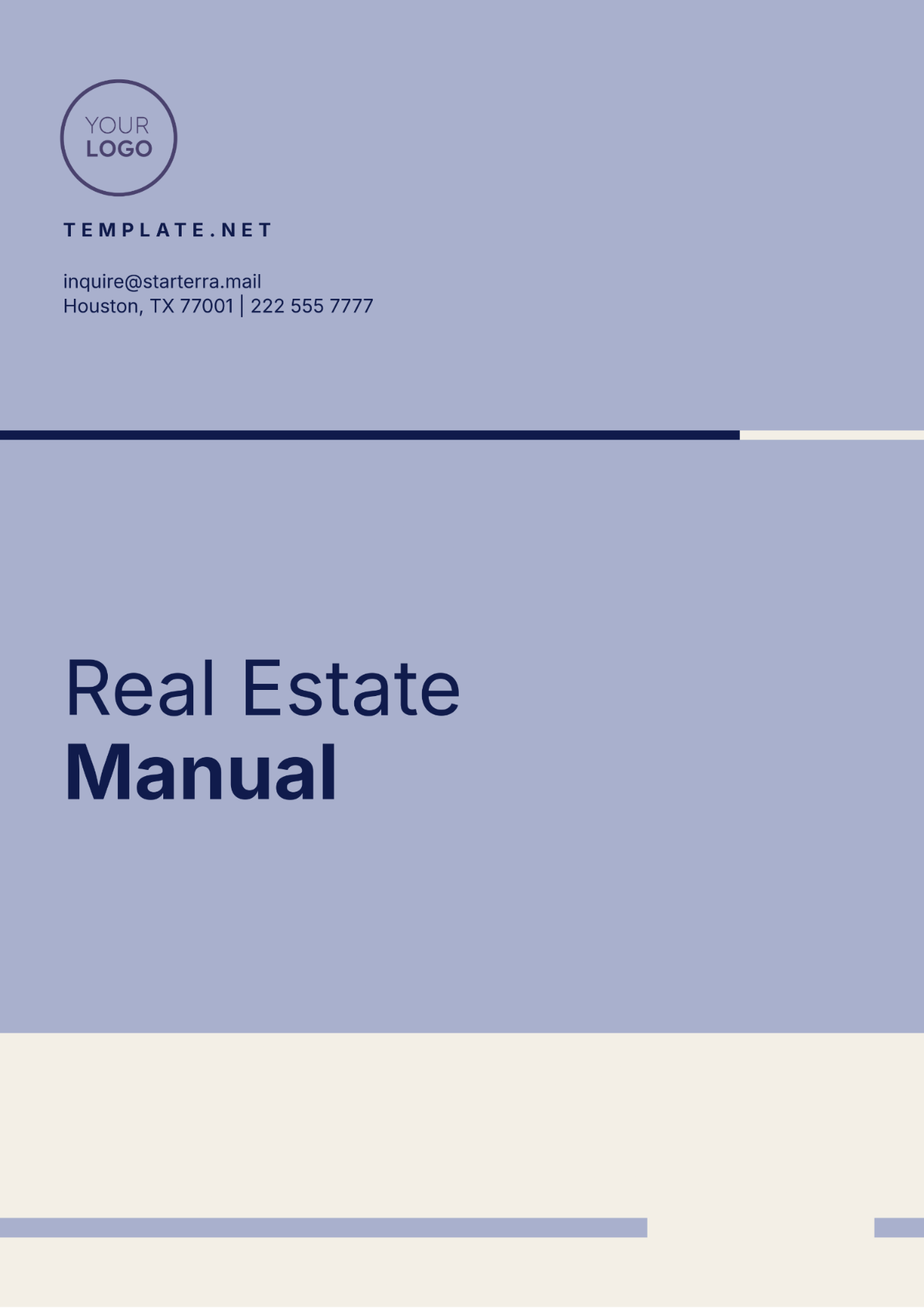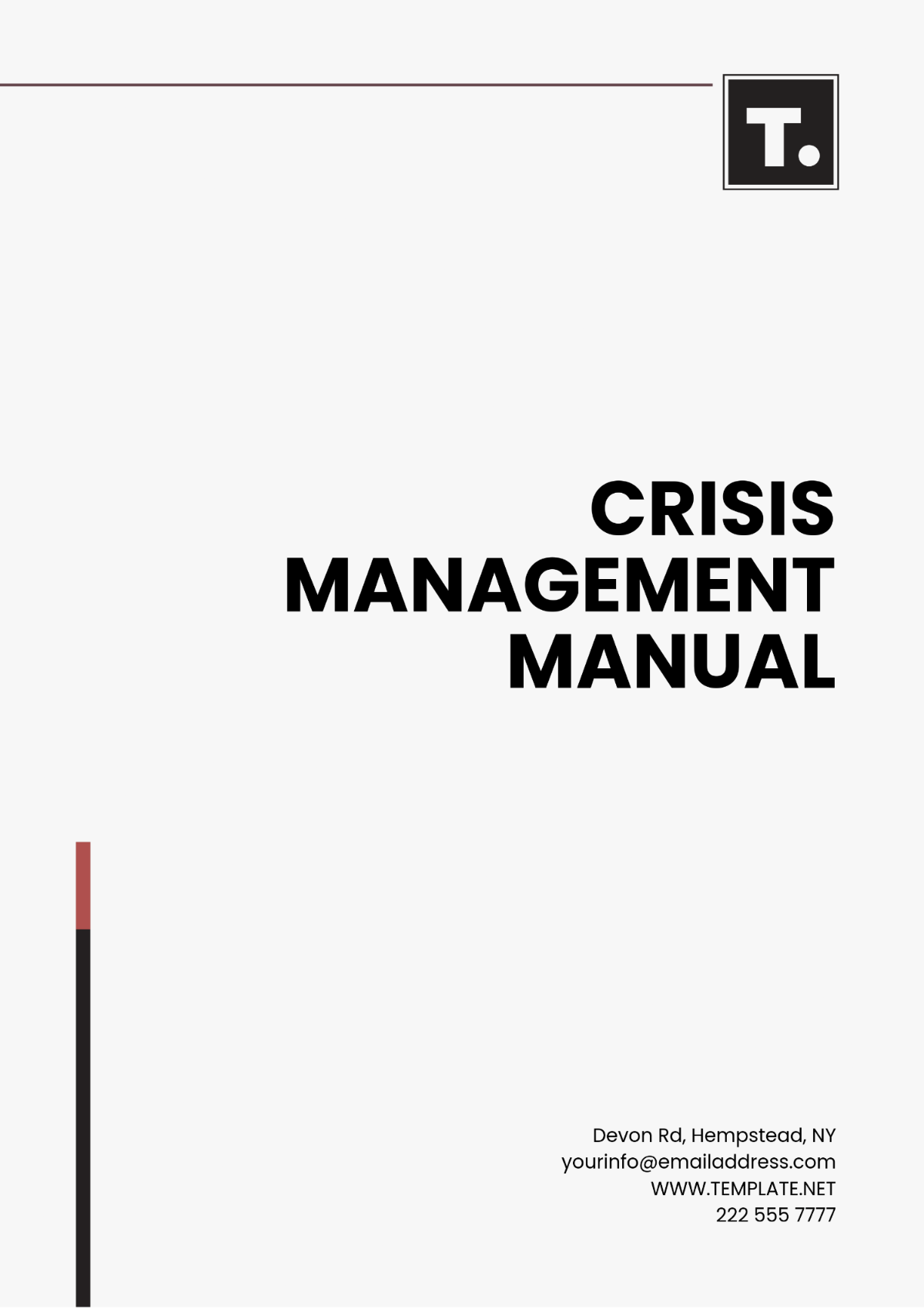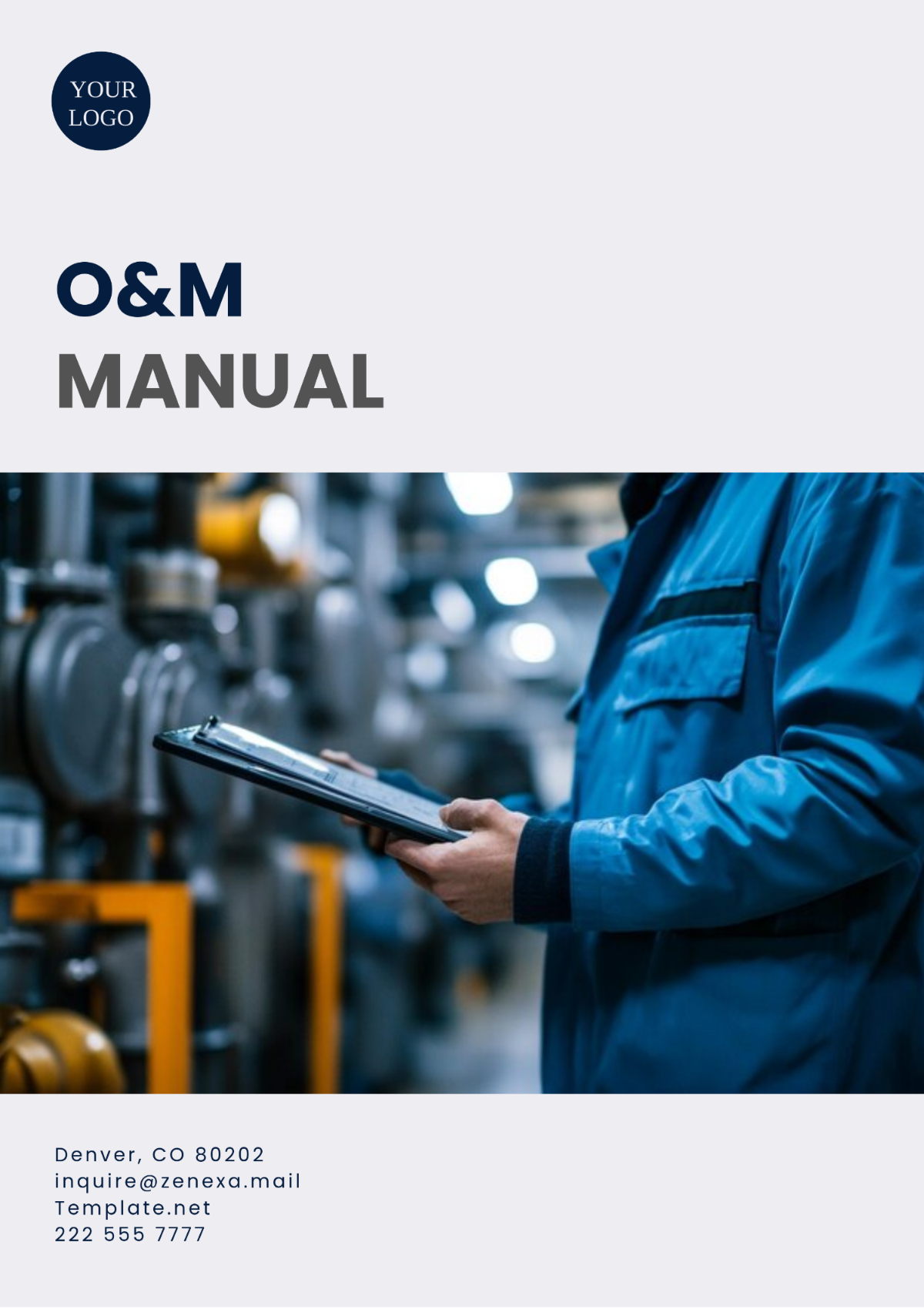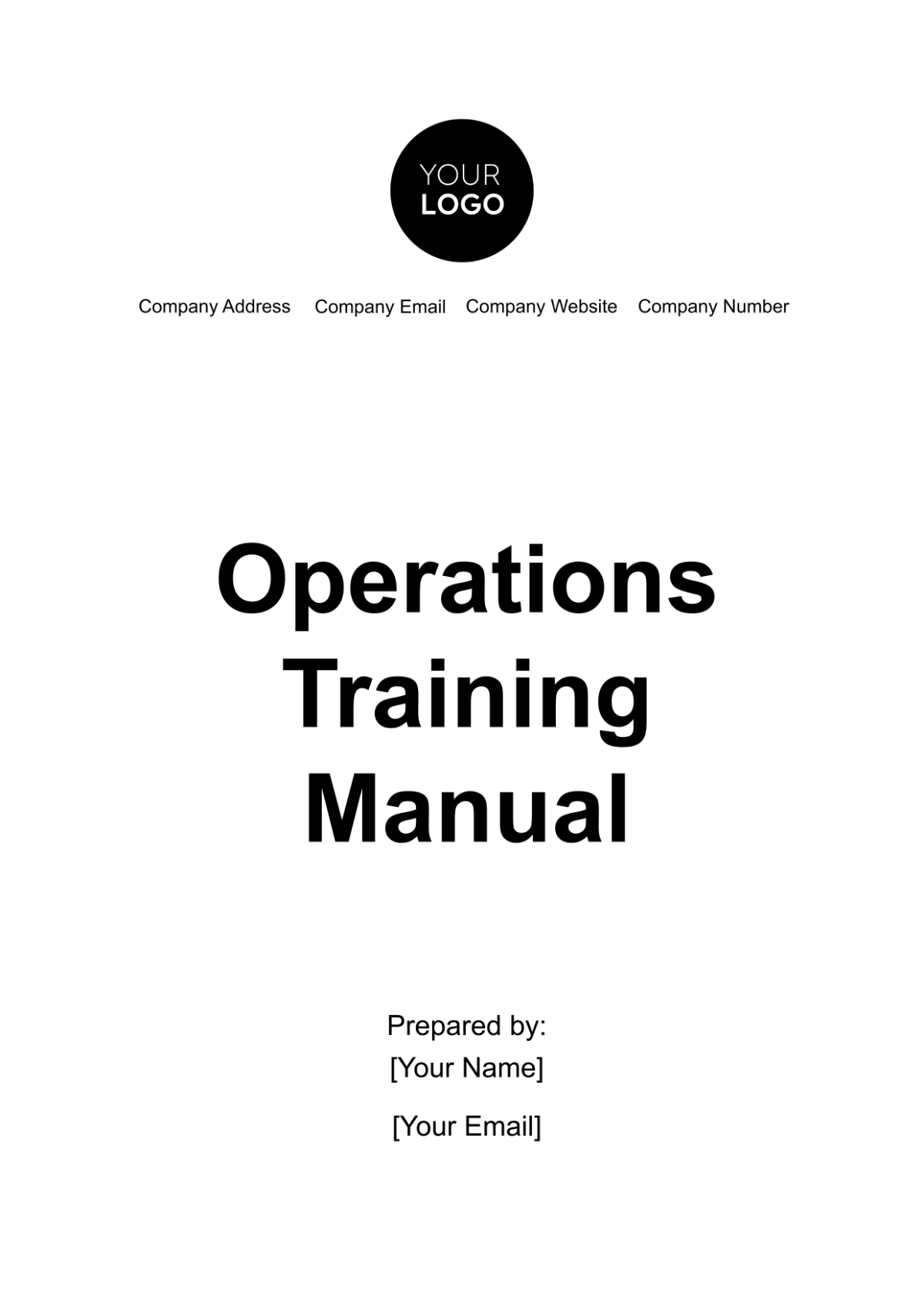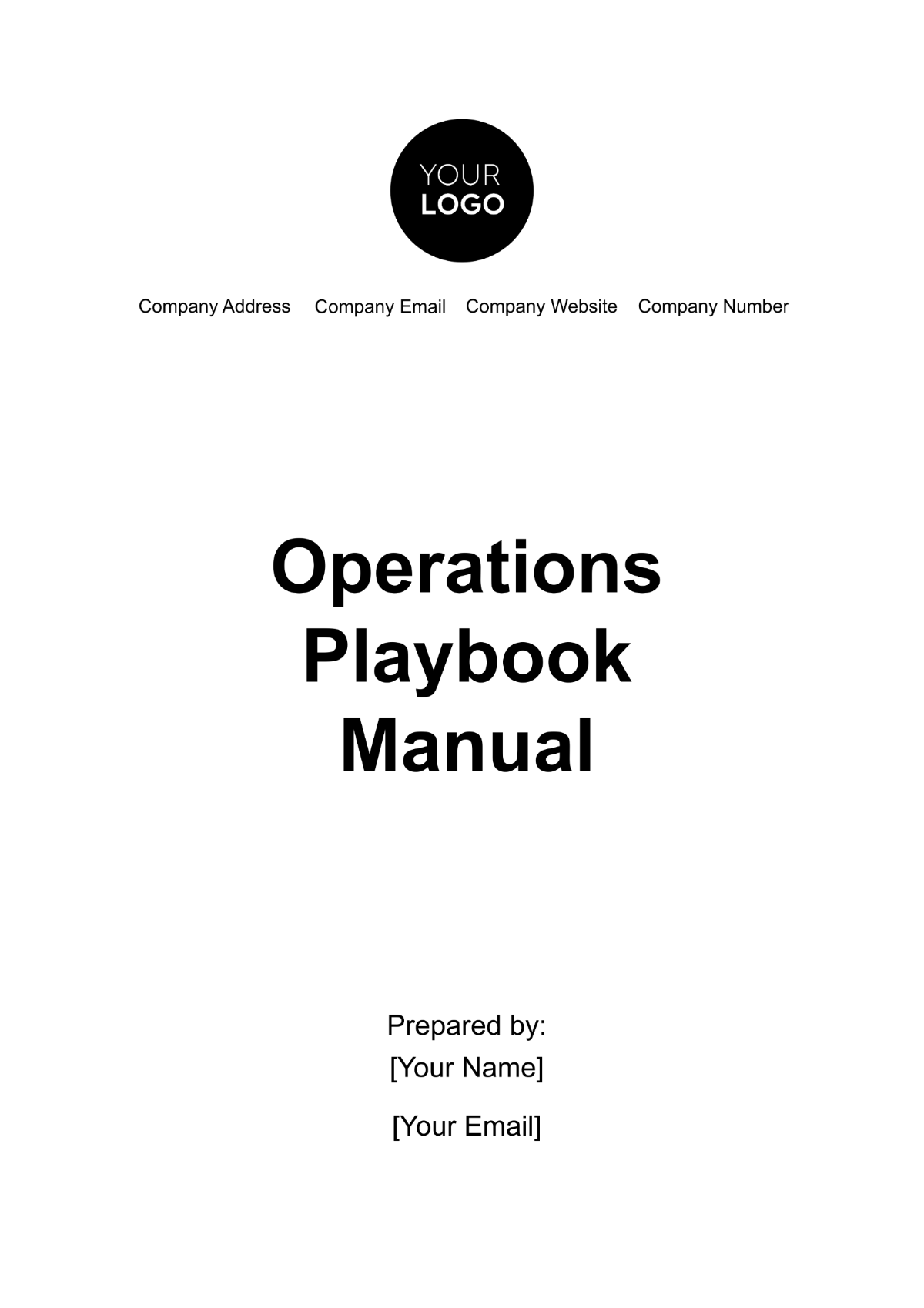Operations Supplier Relationship Management Manual
This comprehensive Operations Supplier Relationship Management Manual is meticulously crafted by [Your Company Name] to streamline communication and collaboration with our esteemed suppliers. It is designed to delineate the critical procedures and best practices for fostering a productive and mutually beneficial relationship with our suppliers, which is paramount to the seamless operation and strategic success of our company. Through our structured Operations Supplier Relationship Management processes, we aim to enhance decision-making, optimize operations, and cultivate a dynamic, cooperative business ecosystem.
Table of Contents
Introduction
Identifying Suppliers
Selection and Onboarding of Suppliers
Maintaining Relationships with Suppliers
Evaluation and Feedback Loop
Contact Information
1. Introduction
In today’s dynamic market environment, the ability to maintain a synergistic relationship with suppliers is not just beneficial; it is essential for the sustainability and competitiveness of [Your Company Name]. This Operations Supplier Relationship Management Manual serves as a cornerstone document, meticulously designed to guide our teams through the intricacies of supplier engagement. It encapsulates the essence of our strategic vision, blending operational efficiency with robust supplier partnerships to foster an ecosystem where innovation, quality, and mutual respect flourish.
At [Your Company Name], we recognize that our suppliers are integral to our operational excellence and the overall satisfaction of our clients. Hence, this manual is designed to ensure that every phase of our supplier interaction – from identification through to continuous evaluation – is conducted with precision, integrity, and a focus on long-term collaboration. By adhering to the principles and procedures outlined herein, we aim to create a framework that not only enhances our operational capabilities but also solidifies our market position through strong, reliable, and mutually beneficial supplier relationships.
2. Identifying Suppliers
This section of our Operations Supplier Relationship Management Manual is a critical first step towards establishing a robust supply chain foundation for [Your Company Name]. It meticulously outlines the strategic approach required to pinpoint suppliers who are not only capable of meeting our specific needs but also align with our core values and operational goals. This process ensures a seamless integration of suppliers into our business model, thereby enhancing our operational efficiency and contributing to our overall success.
A. Define Business Needs
In this pivotal stage, [Your Company Name] meticulously delineates the specific requirements for products or services, ensuring every detail is explicitly outlined. This clarity aids in identifying suppliers who can meet our precise needs, thereby eliminating ambiguity and setting the stage for successful partnerships. It's about understanding not just what we need, but why we need it, ensuring that potential suppliers can align with our objectives and deliverables.
Requirement Category | Details | Purpose | Criteria for Supplier Selection |
|---|---|---|---|
Product/Service Specifications | Detailed description of the products or services, including technical specifications, quality standards, and volume requirements. | To ensure suppliers understand the exact nature of what [Your Company Name] requires, facilitating accurate and relevant proposals. | Supplier's ability to meet or exceed the specified quality standards and fulfill volume requirements within the desired timelines. |
Delivery and Logistics | Preferred delivery schedules, shipping methods, and logistics requirements. | To align suppliers' delivery capabilities with [Your Company Name]'s operational workflow and timelines, ensuring seamless supply chain integration. | Reliability of delivery, flexibility in handling logistics challenges, and cost-effectiveness of shipping methods. |
Compliance and Standards | Regulatory compliance, industry standards, and ethical guidelines relevant to [Your Company Name]'s operations. | To ensure that suppliers adhere to legal and ethical standards, protecting [Your Company Name] from regulatory risks and enhancing brand reputation. | Suppliers' compliance history, certifications, and commitment to ethical practices. |
Budget Constraints | Budget limitations for the procurement of required products or services. | To manage costs effectively while ensuring the procurement of high-quality goods and services. | Competitive pricing, value-added services, and willingness to negotiate terms that fit [Your Company Name]'s budgetary constraints. |
B. Background Research
At [Your Company Name], thorough background research is the backbone of our supplier identification process. By delving deep into the market, we assess potential suppliers on various fronts—quality of goods or services, reliability of delivery, financial stability, and ethical practices. This comprehensive evaluation allows us to gauge which suppliers are best suited to meet our stringent criteria, ensuring that we partner with entities that uphold our high standards.
Research Area | Methodology | Objective | Evaluation Criteria |
|---|---|---|---|
Supplier Capability | Review of supplier portfolios, product samples, and client testimonials. | To assess the supplier's ability to deliver high-quality products or services consistently. | Quality of products/services, innovation capability, and positive feedback from current or past clients. |
Financial Stability | Analysis of financial reports, credit ratings, and market presence. | To evaluate the supplier's financial health and long-term viability as a partner. | Strong financial standing, positive growth indicators, and stability in the market. |
Ethical and Compliance Standards | Examination of compliance certifications, audit reports, and CSR initiatives. | To ensure the supplier's operations align with legal, ethical, and social responsibility standards. | Certifications (e.g., ISO, Fair Trade), clean audit reports, and active engagement in CSR. |
Market Reputation | Industry forums, review platforms, and peer consultations. | To gauge the supplier's reputation within the industry and among peers. | High ratings on review platforms, positive industry feedback, and recommendations from trusted sources. |
C. Create a Shortlist
Leveraging the insights gained from our meticulous background research, [Your Company Name] compiles a shortlist of potential suppliers. This list is carefully curated to include only those suppliers who not only meet our specific needs but also demonstrate a commitment to quality, reliability, and value. This strategic selection process ensures that we engage with suppliers who are capable of contributing positively to our operations and align with our long-term strategic goals.
Criteria | Evaluation Method | Shortlisting Process | Outcome Expectation |
|---|---|---|---|
Alignment with Business Needs | Comparative analysis based on RFI/RFQ responses. | Identify suppliers whose offerings closely match [Your Company Name]'s defined needs. | A curated list of suppliers capable of fulfilling the specific requirements of [Your Company Name] with high precision. |
Quality and Reliability | Review of quality certifications, delivery performance history, and sample evaluations. | Select suppliers demonstrating consistent quality and reliable delivery. | Suppliers on the shortlist are those with proven track records of delivering high-quality goods or services on time. |
Cost-Effectiveness | Detailed cost analysis and negotiation potential. | Prioritize suppliers offering competitive pricing without compromising on quality or service standards. | The shortlist includes suppliers who provide the best value for money, balancing cost savings with quality assurance. |
Strategic Fit | Assessment of long-term partnership potential, innovation contributions, and alignment with [Your Company Name]'s strategic goals. | Choose suppliers that not only meet current needs but also have the potential to contribute to future strategic initiatives. | Suppliers selected for the shortlist are those viewed as potential long-term partners that can grow and evolve with [Your Company Name]. |
3. Selection and Onboarding of Suppliers
This section is a critical phase in [Your Company Name]'s Operations Supplier Relationship Management Manual, outlining a structured approach to forge and formalize partnerships with suppliers. This process is meticulously designed to ensure that the suppliers we choose not only meet our stringent criteria for quality, reliability, and cost-effectiveness but also share our values and commitment to excellence. Through careful evaluation, negotiation, and integration, we aim to establish strong, mutually beneficial relationships with our suppliers, enhancing our operational efficiency and contributing to our long-term success.
Step | Description | Responsible Person |
|---|---|---|
1. Evaluate Suppliers | The Procurement Team undertakes a detailed assessment of each potential supplier's capabilities, delivery reliability, cost-effectiveness, and reputation. This evaluation is pivotal in identifying suppliers that can consistently meet [Your Company Name]'s stringent requirements for quality and service. | Procurement Team |
2. Final Supplier Selection | Following an exhaustive evaluation, the Procurement Team, alongside Senior Management, selects the most fitting supplier(s). This critical decision is based on an in-depth analysis of the suppliers' potential to meet our needs and contribute to our strategic objectives. | Procurement Team and Senior Management |
3. Contract Negotiation | The Legal and Procurement Team collaborates to negotiate the terms, conditions, and pricing with the chosen suppliers. This crucial step ensures that the agreements align with [Your Company Name]'s operational needs and financial considerations, laying the groundwork for a fruitful partnership. | Legal and Procurement Team |
4. Contract Signature | Senior Management finalizes the partnership by signing the contract, which has been thoroughly reviewed to ensure all negotiated terms are accurately represented. This formalization signifies the commencement of a promising collaboration based on mutual agreement and trust. | Senior Management |
5. Onboarding | The Procurement Team facilitates the integration of the new supplier into [Your Company Name]'s systems and processes. By providing all necessary guidelines and information, we ensure the supplier is well-equipped to meet our operational requirements and expectations, ensuring a seamless and efficient partnership. | Procurement Team |
This structured approach ensures that each step, from initial evaluation to final onboarding, is executed with precision and care, establishing the foundation for a strong, long-term relationship with our suppliers.
4. Maintaining Relationships with Suppliers
Recognizing that the strength and reliability of our supply chain directly impact our operational efficiency and market reputation, [Your Company Name] commits to upholding open lines of communication, respect, and integrity in all supplier interactions. This commitment not only ensures smooth and uninterrupted operations but also fosters a culture of mutual trust and collaboration, essential for navigating the complexities of today’s business landscape and achieving long-term success.
Regular Communication: At [Your Company Name], we prioritize maintaining open and consistent communication channels with our suppliers. By regularly engaging in dialogues through emails, phone calls, and face-to-face meetings, we ensure that both parties are always aligned on expectations, project timelines, and any potential challenges that may arise. This continuous flow of information facilitates transparency, allows for proactive problem-solving, and strengthens the partnership, enabling us to adapt quickly to changes and maintain operational agility.
Respect and Integrity: Fundamental to our supplier relationship management philosophy is the principle of treating all suppliers with the highest level of respect and integrity. [Your Company Name] believes in fair and ethical interactions, recognizing that our suppliers are critical to our success. By fostering an environment where respect is reciprocal and integrity is non-negotiable, we not only uphold our company’s values but also encourage our suppliers to consistently deliver their best, creating a virtuous cycle of mutual benefit and respect.
5. Evaluation and Feedback Loop
By systematically evaluating our suppliers and providing meaningful feedback, [Your Company Name] ensures that our high standards for performance, quality, and responsiveness are met and exceeded. This iterative process not only reinforces our commitment to operational excellence but also supports our suppliers in their growth and development, strengthening our partnerships and enhancing overall supply chain resilience.
Regular Review: [Your Company Name] is committed to the ongoing success of our supplier relationships. To this end, we schedule regular reviews of supplier performance, utilizing a set of clearly defined metrics that are aligned with our strategic objectives. These periodic assessments allow us to monitor progress, identify trends, and address any issues proactively. By maintaining a schedule of regular reviews, we ensure that both [Your Company Name] and our suppliers are consistently aligned with the expectations and goals of our partnership.
Evaluation: Our evaluation process is thorough and objective, focusing on key areas such as performance, quality of goods or services, timeliness of delivery, and overall responsiveness to our needs. By conducting these comprehensive evaluations, [Your Company Name] can accurately gauge the effectiveness and efficiency of each supplier. This rigorous assessment ensures that all suppliers are held to the same high standards, fostering a competitive yet fair environment where excellence is recognized and rewarded.
Feedback: Constructive feedback is a cornerstone of our supplier management strategy. Following each evaluation, [Your Company Name] provides detailed feedback to our suppliers, highlighting both strengths and areas for improvement. This feedback is delivered in a spirit of partnership, with the aim of supporting our suppliers in their efforts to meet and exceed our expectations. By offering insights and recommendations, we help our suppliers understand how they can improve their performance, thus contributing to their development and ensuring they continue to grow alongside [Your Company Name].
6. Contact Information
Recognizing the importance of accessibility and responsiveness, [Your Company Name] is committed to providing comprehensive contact options to facilitate easy and efficient communication. Our dedicated team is always available to assist with any questions or issues, aiming to resolve them promptly and effectively to maintain the smooth operation of our supply chain and partnerships.
Contact Method | Details |
|---|---|
Email Address | For detailed inquiries or written communication, please reach us at [Your Company Email]. Our team is committed to providing timely responses. |
Contact Number | For immediate assistance or verbal communication, contact us at [Your Company Number]. Available during business hours, our team is ready to support you. |
Mailing Address | For physical documents or items, please use [Your Company Address]. This ensures secure and efficient handling of all correspondence. |
Website | Visit [Your Company Website] for general information, updates, and more about our operations and policies. |
Social Media | Connect with us through our social media channels at [Your Company Social Media] for the latest news and insights. |
